Introduction to Brandubh: The Celtic Chess
Long before the modern game of chess captured the minds and competitive spirits of people around the globe, various forms of board games were played across different cultures. Among these, the ancient Celts of Ireland engaged in a strategic board game known as Brandubh—a game that not only offered recreation but also held significant cultural importance. This ancient game shares similarities with chess but comes with unique rules and configurations that reflect its rich Celtic heritage.
Historical Context of Brandubh
Brandubh, belonging to a larger family of games known as Tafl games, was popular in medieval Ireland. The term 'Tafl' is Old Norse for 'table' or 'board' and refers to a variety of board games played across Northern Europe during the early medieval period. Brandubh, in particular, was noted in ancient Irish manuscripts and was known to be played by kings and chieftains for entertainment and to teach strategic thinking and war tactics.
Understanding the Game's Name and Variants
The name 'Brandubh' is derived from the Irish words 'brand' which means black, and 'dub' which means black, indicating the black cloaked figures associated with the game or perhaps the black piece at the center of the game. The game itself was known under different variants such as Brandub, Brannum, and several others, each variant adjusting slightly in terms of rules and gameplay but retaining the core mechanics.
Game Setup and Equipment
The classic game of Brandubh is played on a board with seven squares by seven, distinctly fewer than the 64 squares of a standard chessboard. This smaller board size encourages faster gameplay and more direct conflict. The board is typically divided into a grid of squares, and the central square, known as the throne, is a pivotal location in the game.
Pieces and Their Placement
Brandubh utilises two distinct sets of pieces: one king, usually represented by a larger, distinguished piece, and differing numbers of defenders and attackers. The defenders (generally four) surround the king at the center of the board, while the attackers (usually double the number of defenders) are positioned around the outer edges of the board.
Rules and Objectives of Brandubh
The primary objective for the defending side is to help their king escape to any of the four corners of the board, which are considered safe havens or forts. For the attackers, the objective is to capture the king. The king can be captured through a process called custodial capture, where the king is surrounded on two opposite sides by attackers. Commoners are captured by being sandwiched between two enemy pieces either vertically or horizontally.
Strategic Elements of Brandubh
Brandubh is deeply strategic, with its smaller board size necessitating quicker gameplay and more direct engagements. Every move in Brandubh can be crucial, as players must constantly think about offense and defense.
Defensive Strategies
For the defender, the gameplay involves careful positioning to protect the king while finding a route to edge of the board. Forming a shield wall with the defenders to prevent the breaking of their formation by attackers is a common strategy.
Offensive Strategies
On the offensive side, the attackers must work to control the center of the board and divide the defenders to prevent the king's escape. Effective use of the attackers in numbers is vital, and coordinating them to corner the king or cut off escape routes is the primary tactic.
Brandubh’s Cultural Significance
In Celtic society, games like Brandubh were not merely pastimes but also played a role in the social and political fabric of communities. They were used as tools for teaching strategy and tactics, which were essential skills for leaders and warriors. The thematic elements of encirclement and protection in the game are reflective of medieval warfare tactics used by Celtic warriors.
Brandubh in Literature and Myth
References to Brandubh appear in several medieval Irish texts, where it is often depicted as a game of kings. For instance, the epic tale Táin Bó Cúailnge mentions the playing of Brandubh. Such narratives not only highlight the game's prominence but also offer insights into its integration into Irish folklore and traditions.
Modern Revival and Adaptations
Like many ancient games, Brandubh experienced a decline as modern board games and entertainment forms emerged. However, there has been a recent revival of interest, driven by historical enthusiasts and cultural historians who aim to bring traditional Celtic games back to life. Modern adaptations of Brandubh are now available with recreated boards and rules, catering to both historical aficionados and contemporary board game enthusiasts.
Importance of Rediscovering Brandubh
Redeveloping interest in games like Brandubh is crucial for preserving cultural heritage and understanding historical contexts that shaped ancient entertainment forms. They provide a window into the past, offering insights into the daily lives, strategies, and values of ancient civilizations.
Conclusion
Brandubh, with its deep roots in Celtic culture, represents more than just a game. It is a testament to the strategic thinking, cultural values, and artistic expression of the ancient Celts. For contemporary lovers of history and strategy games, Brandubh offers a unique glimpse into Celtic life and warfare, making it not only a game of entertainment but also an educational tool that connects us with our ancient past. As efforts continue to revive traditional games, Brandubh stands out as a symbol of the rich cultural tapestry of Ireland.
Explore our large collection of beautiful chess sets!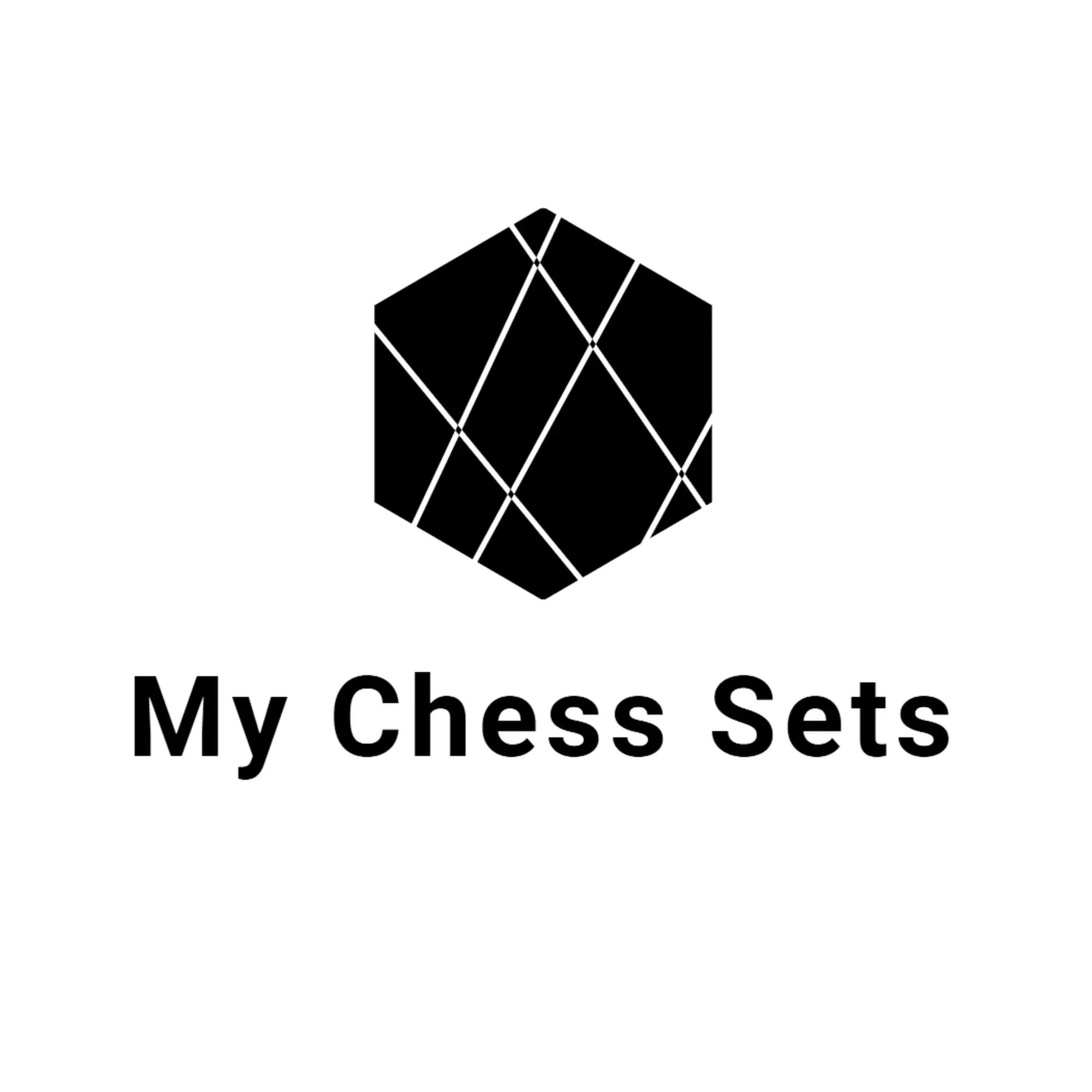
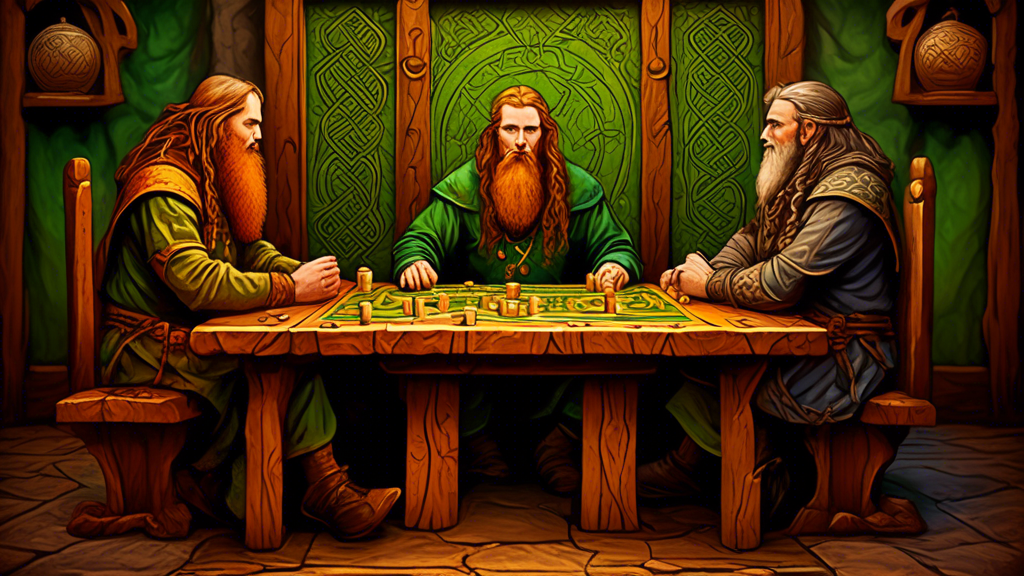
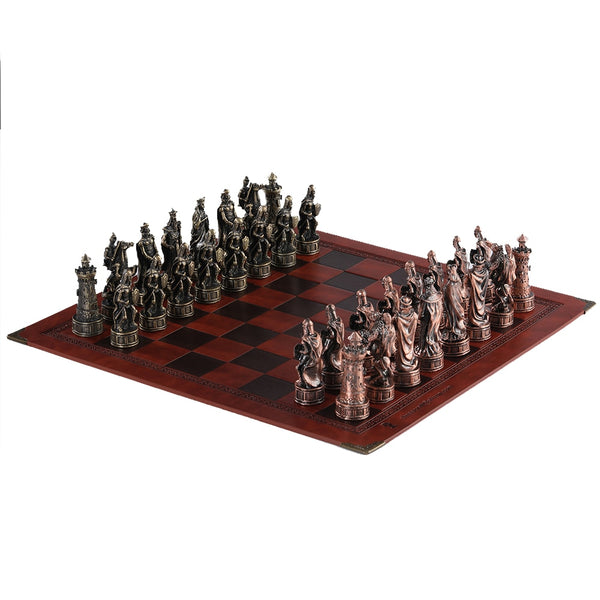
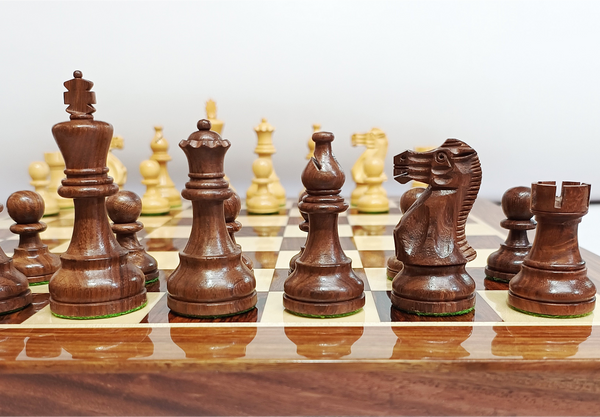
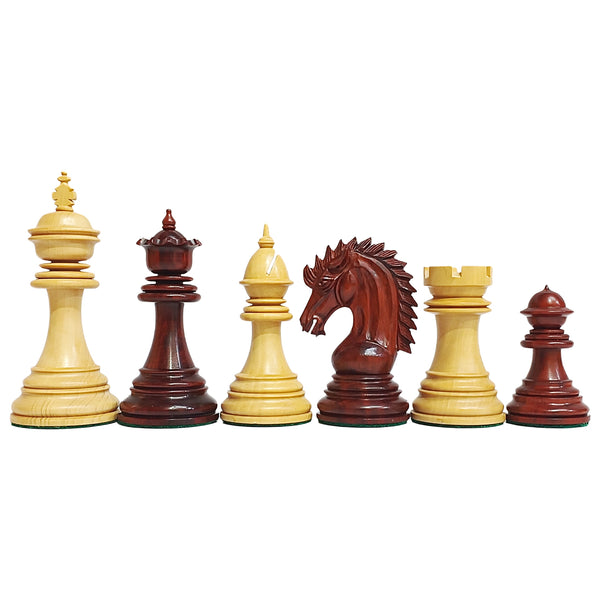
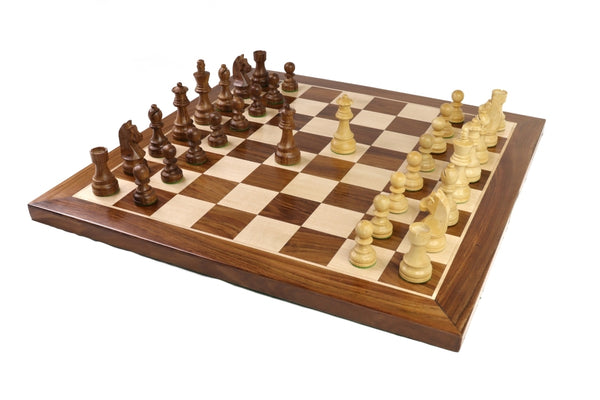
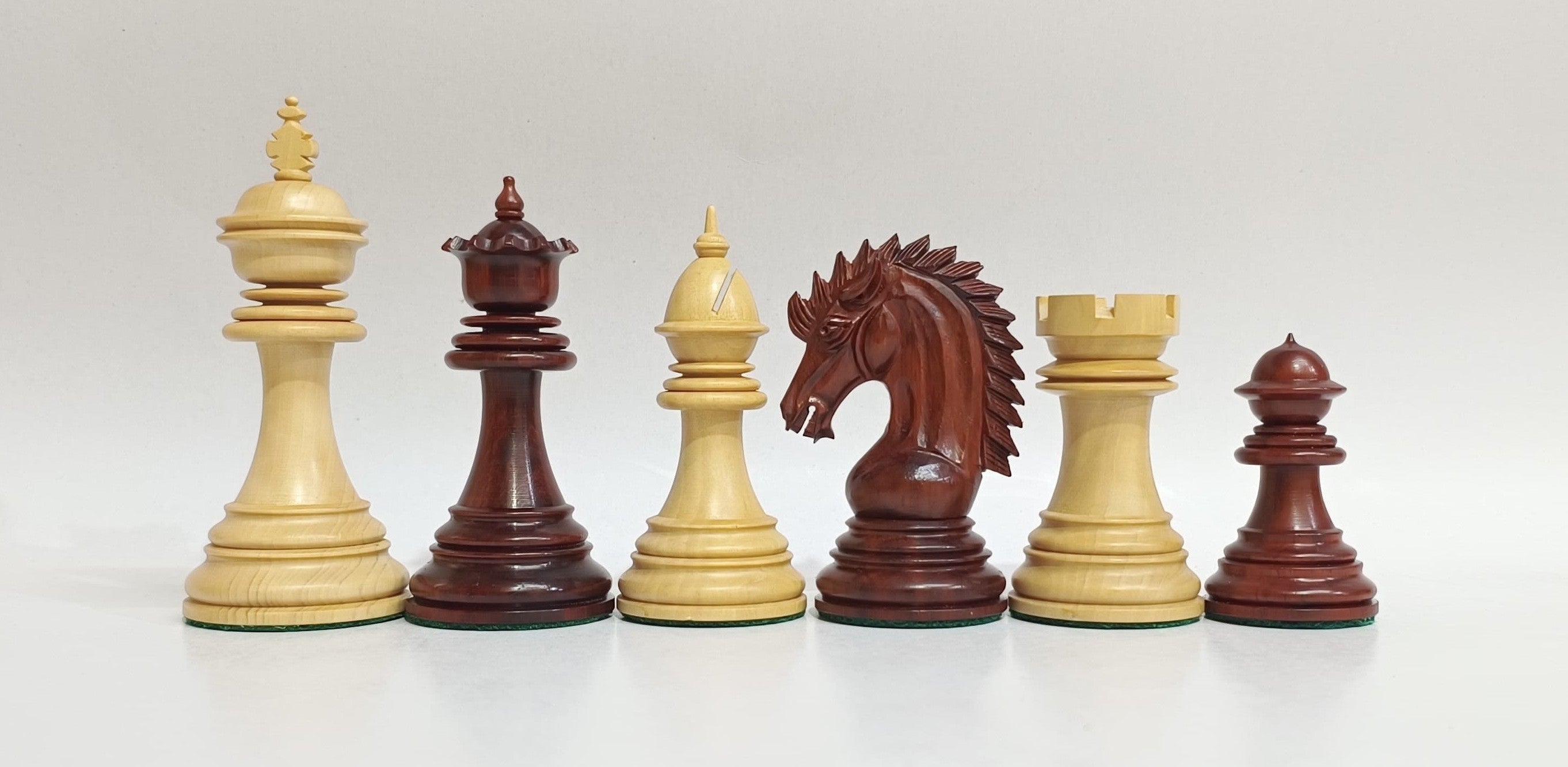
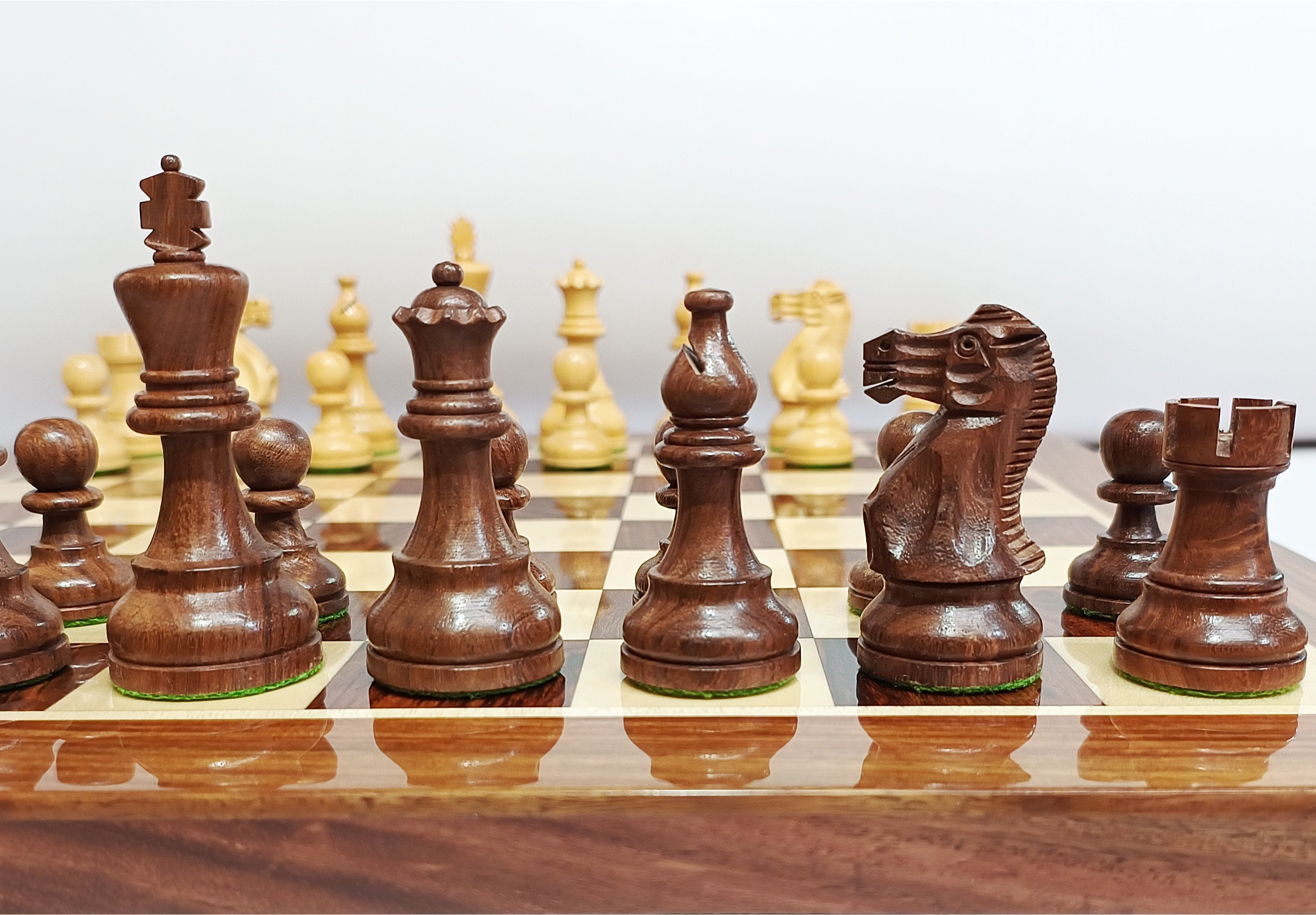
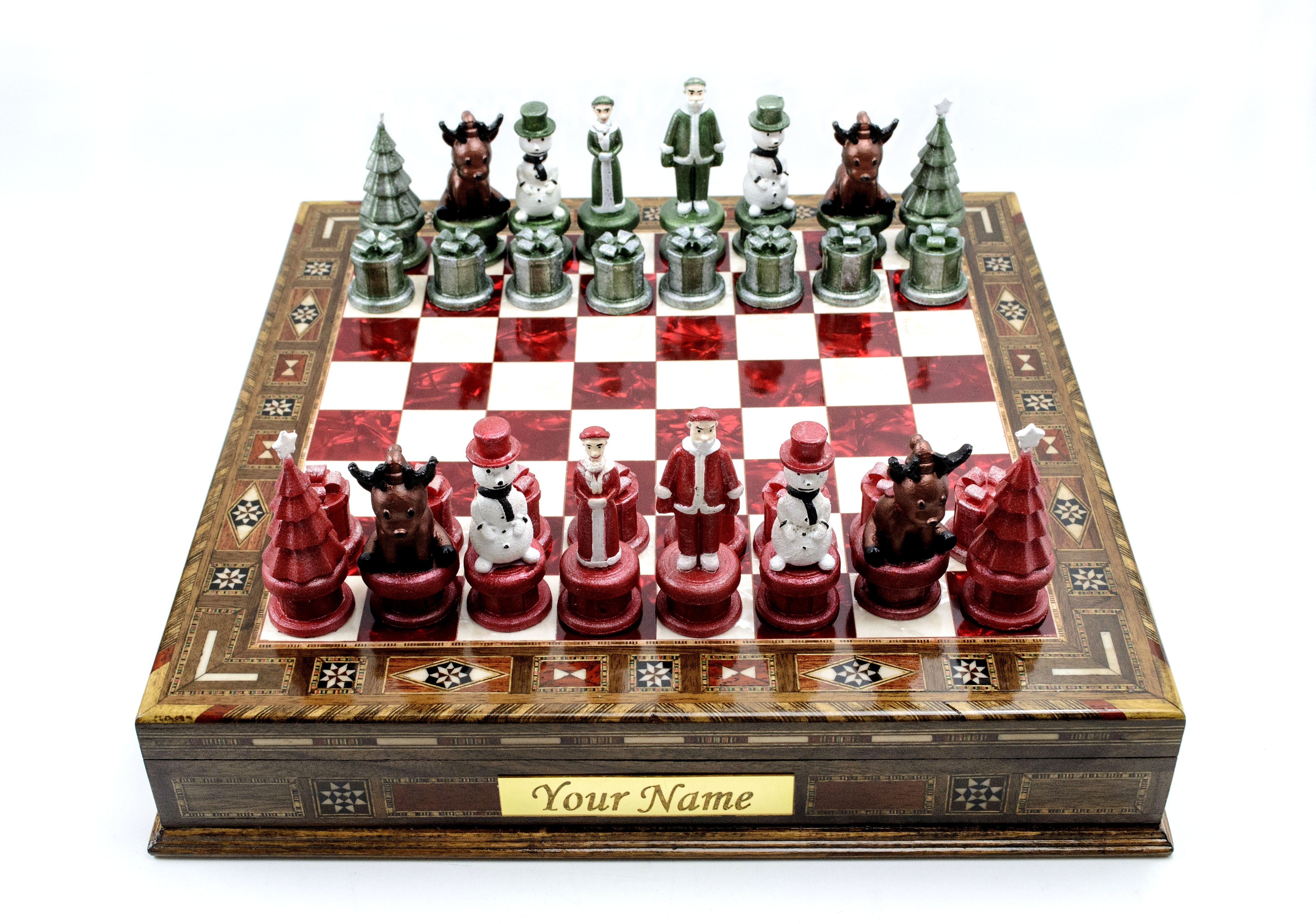
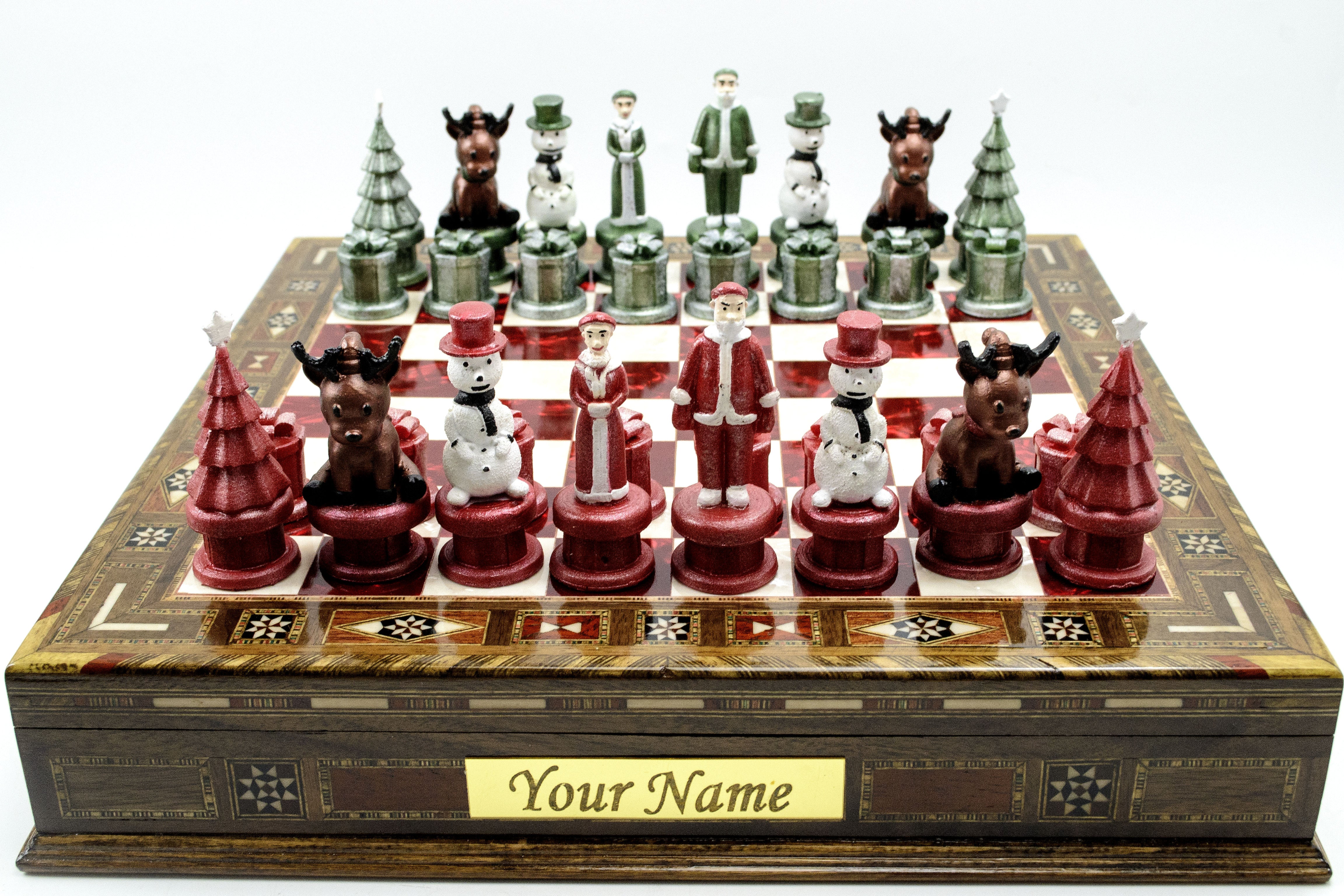
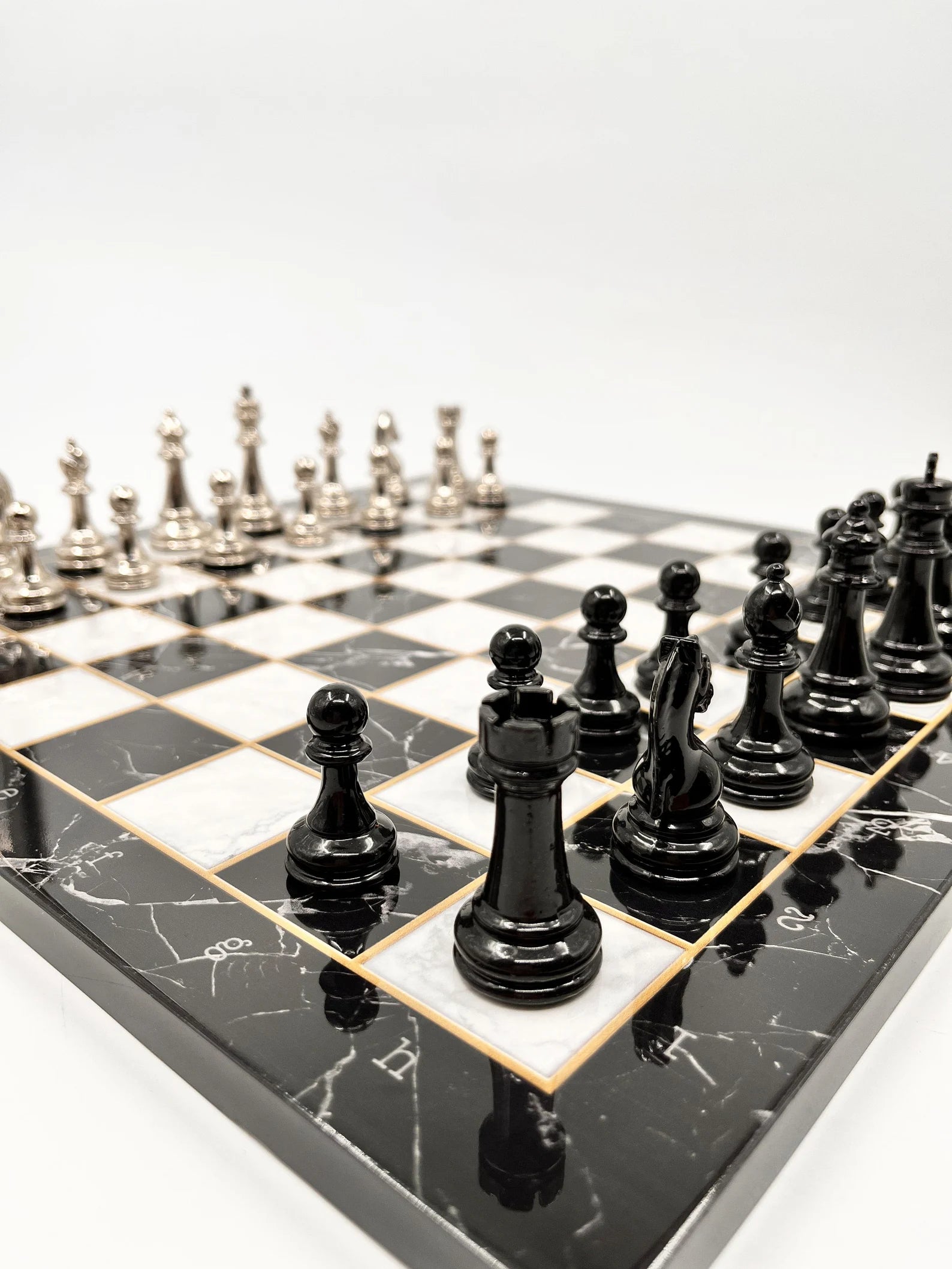
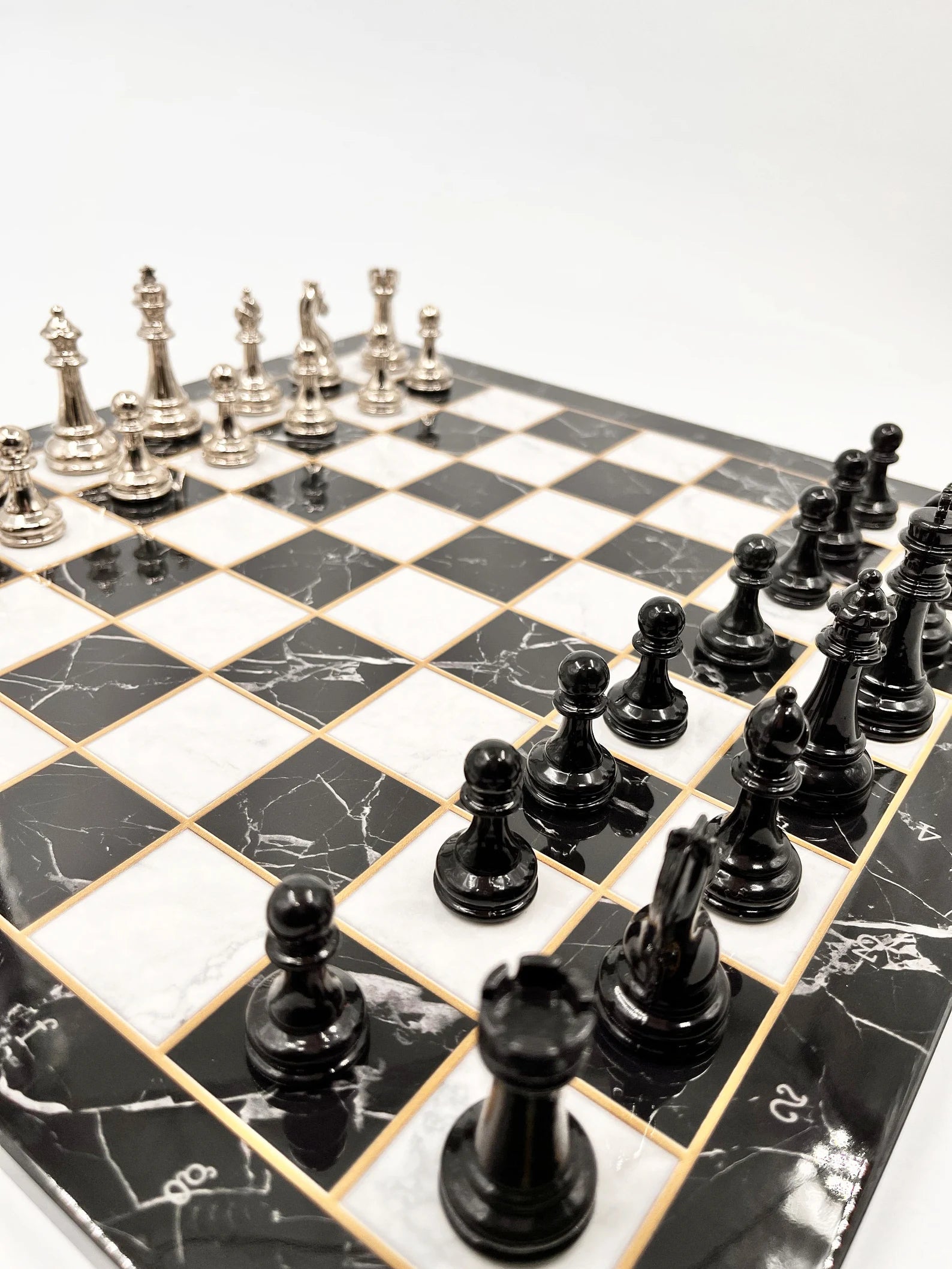
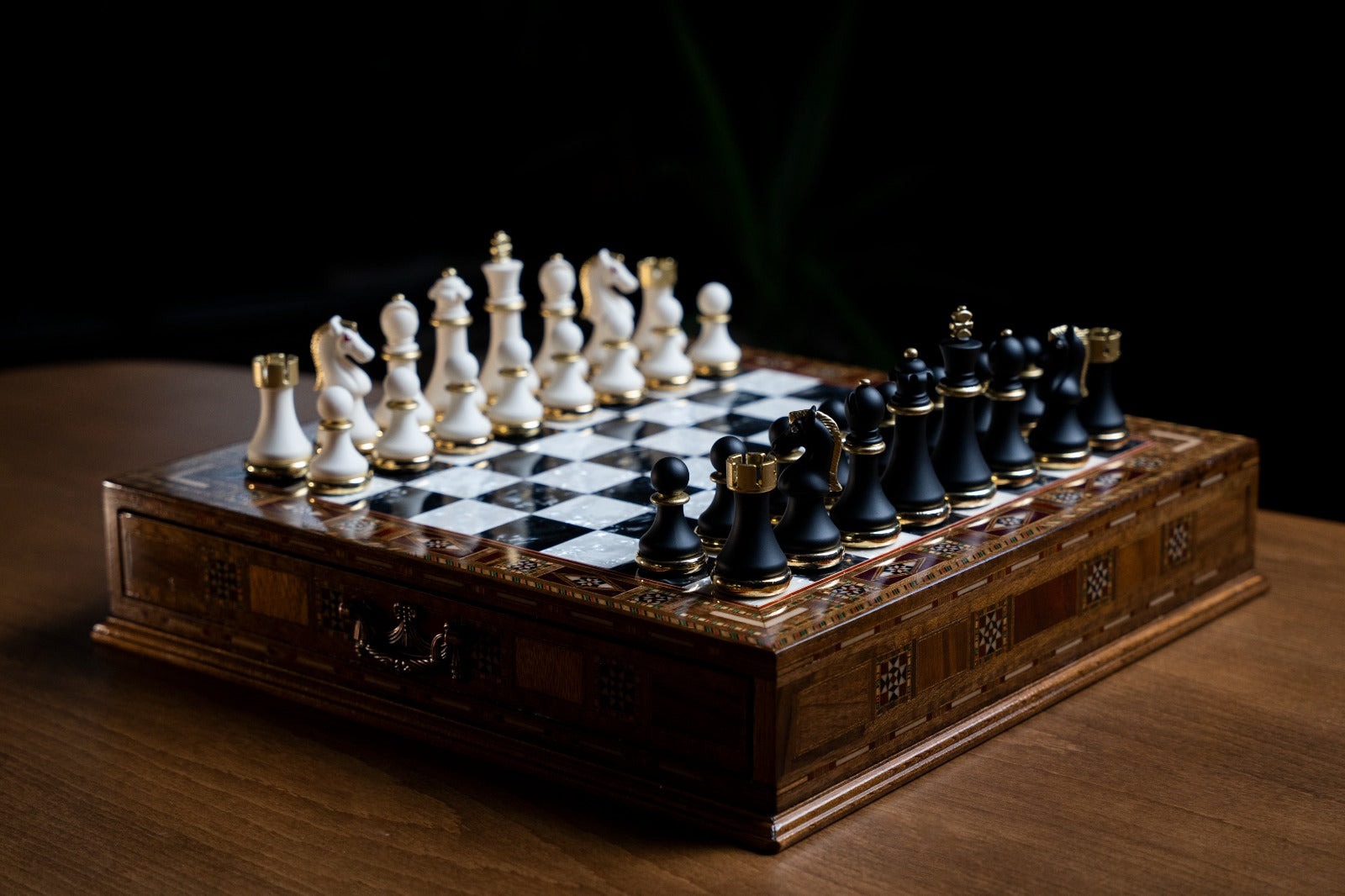
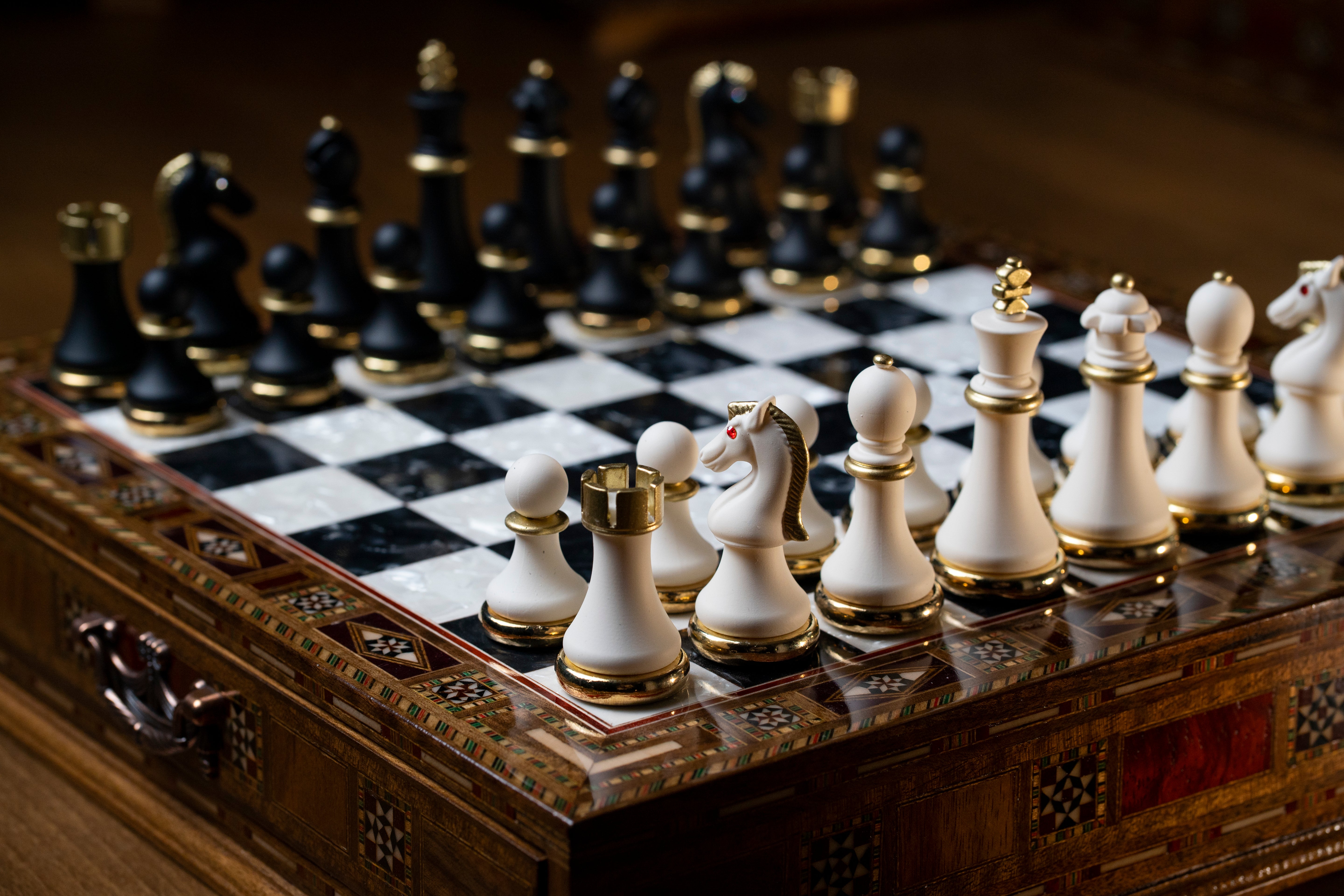
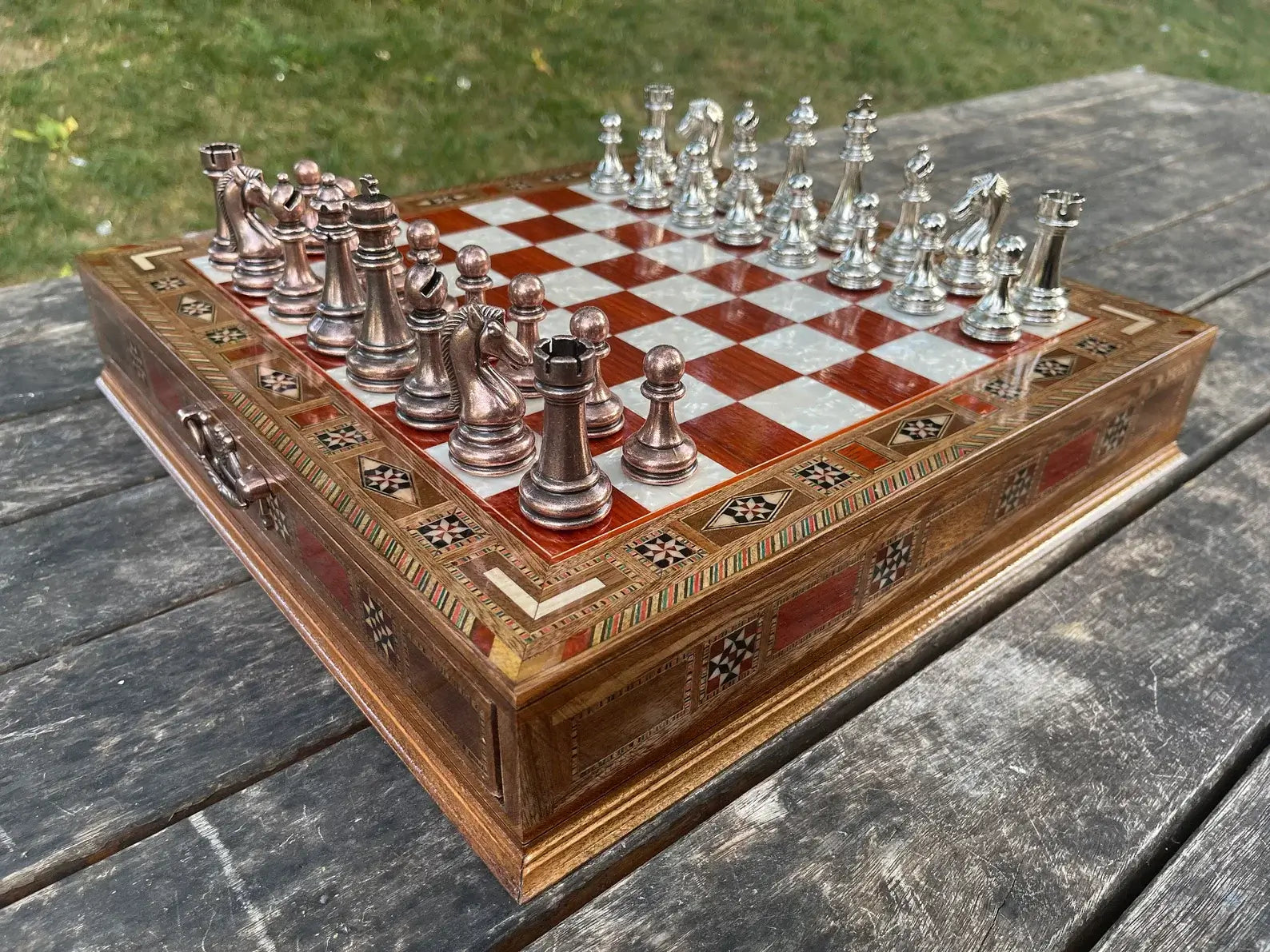
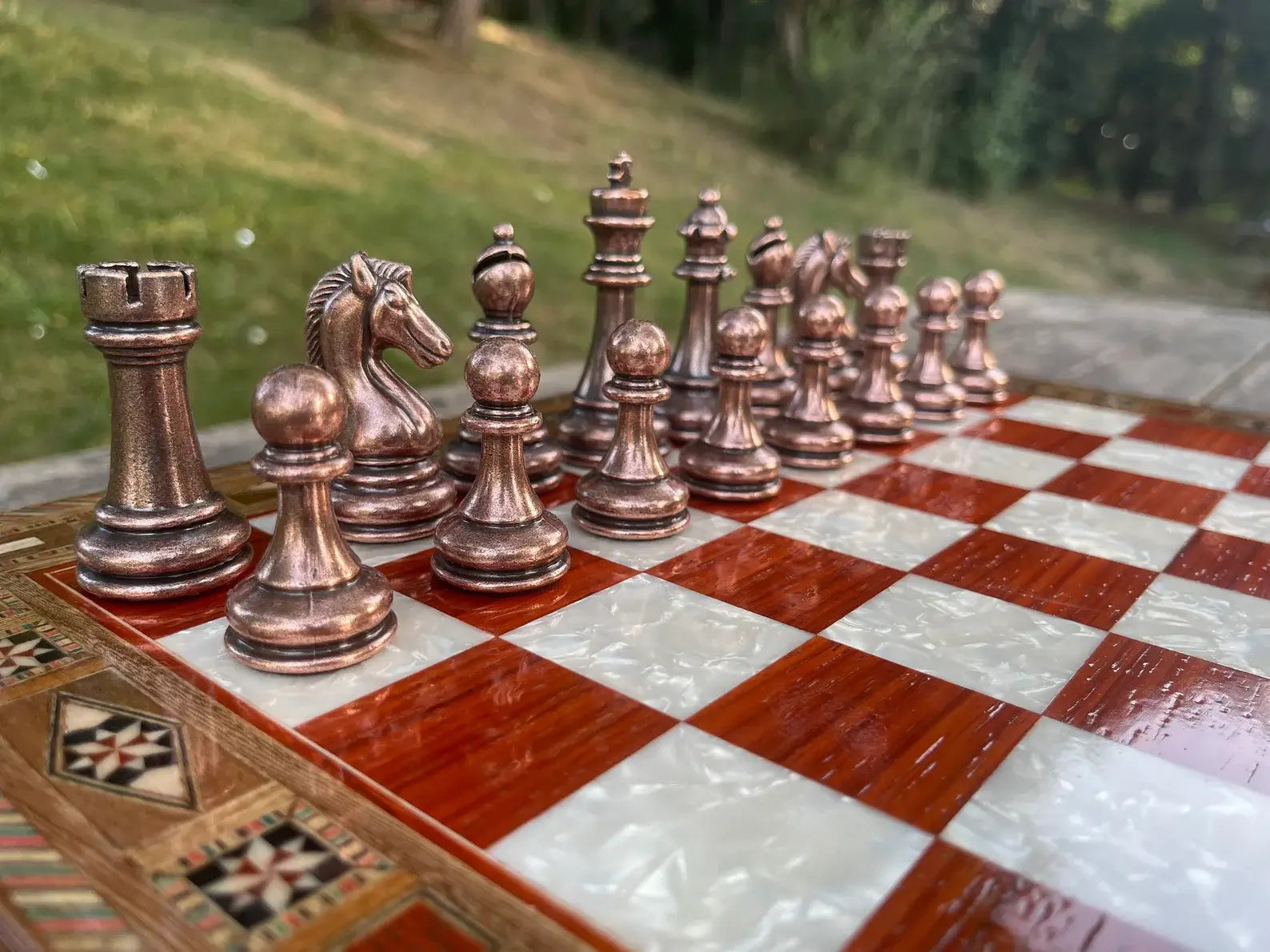
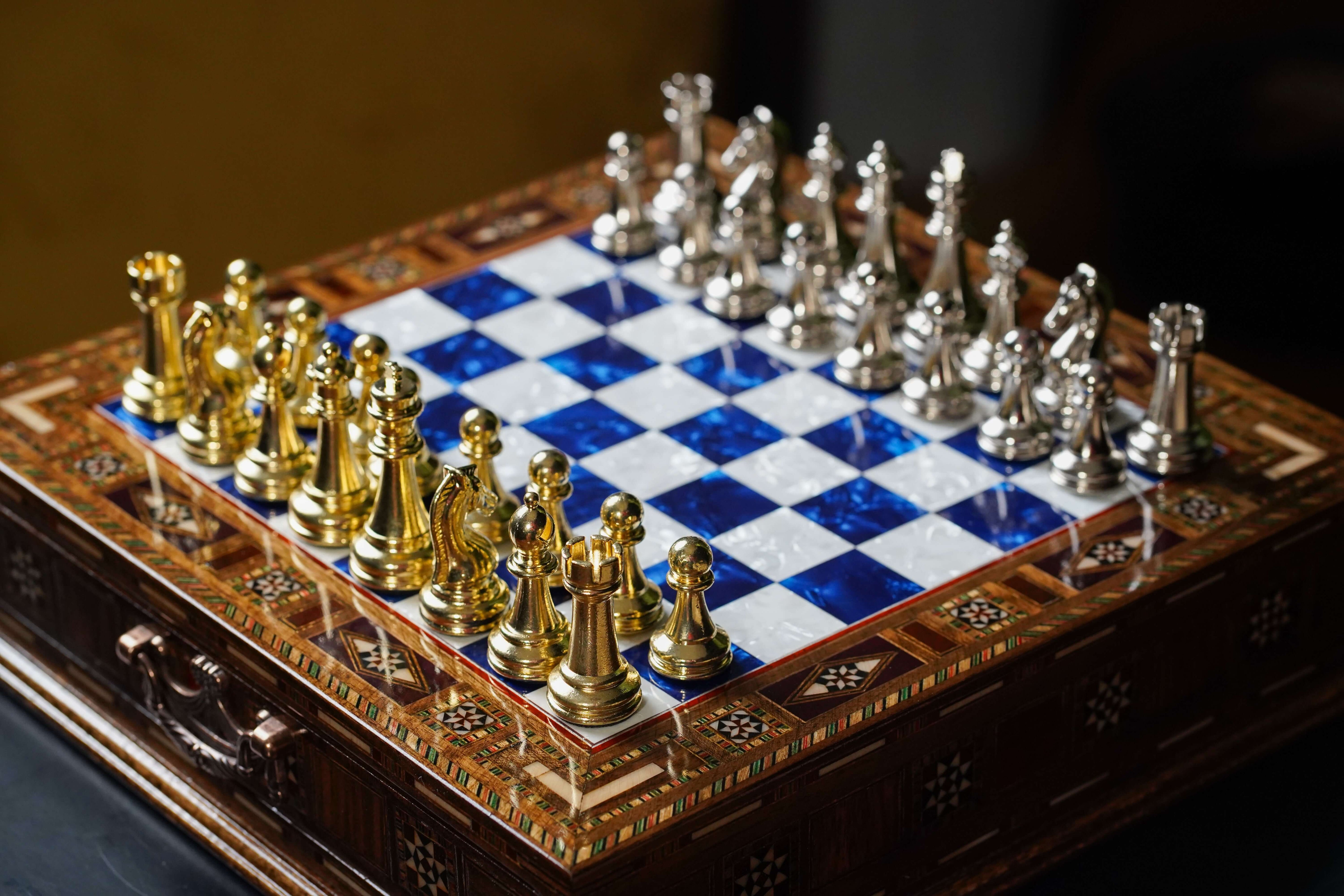
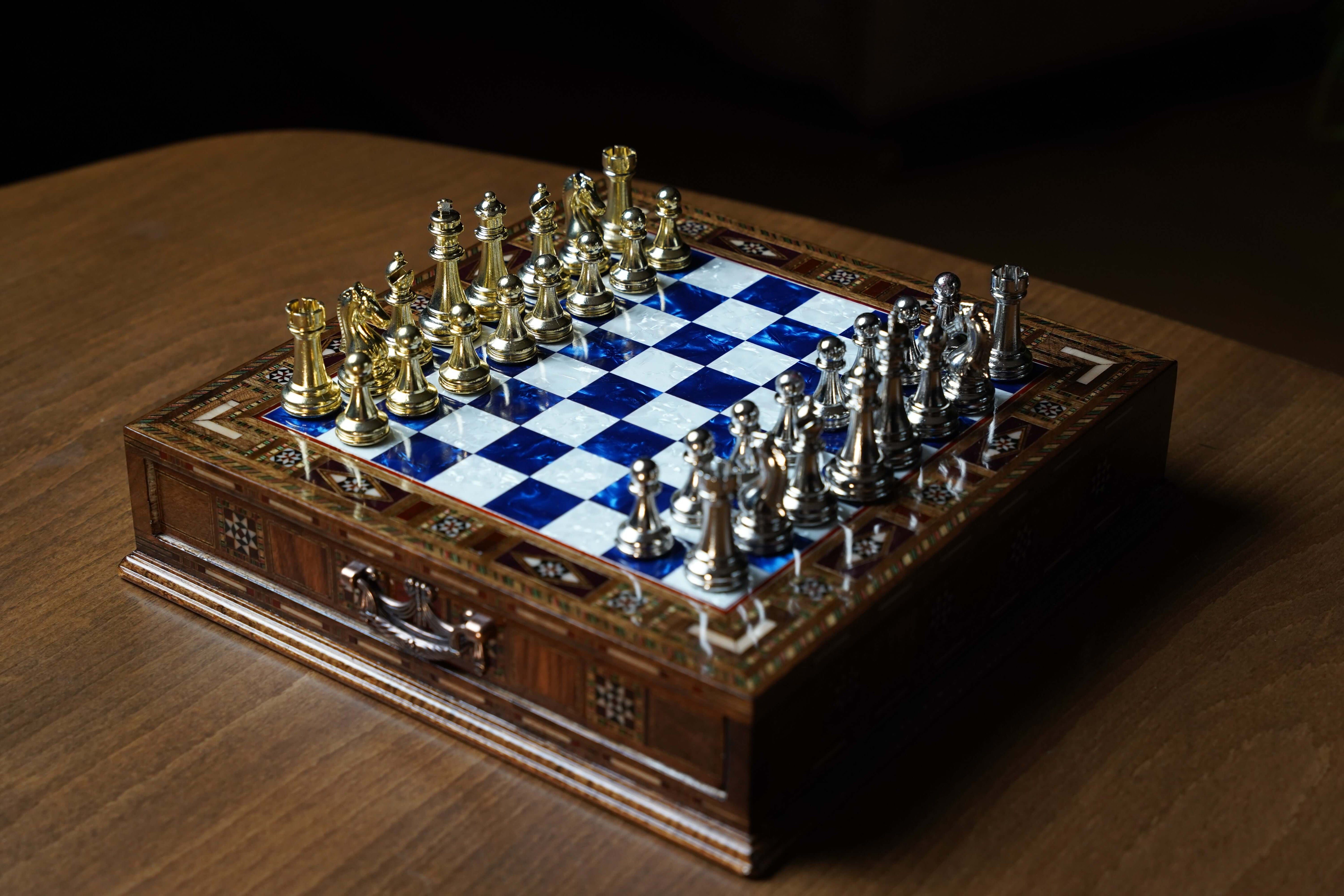
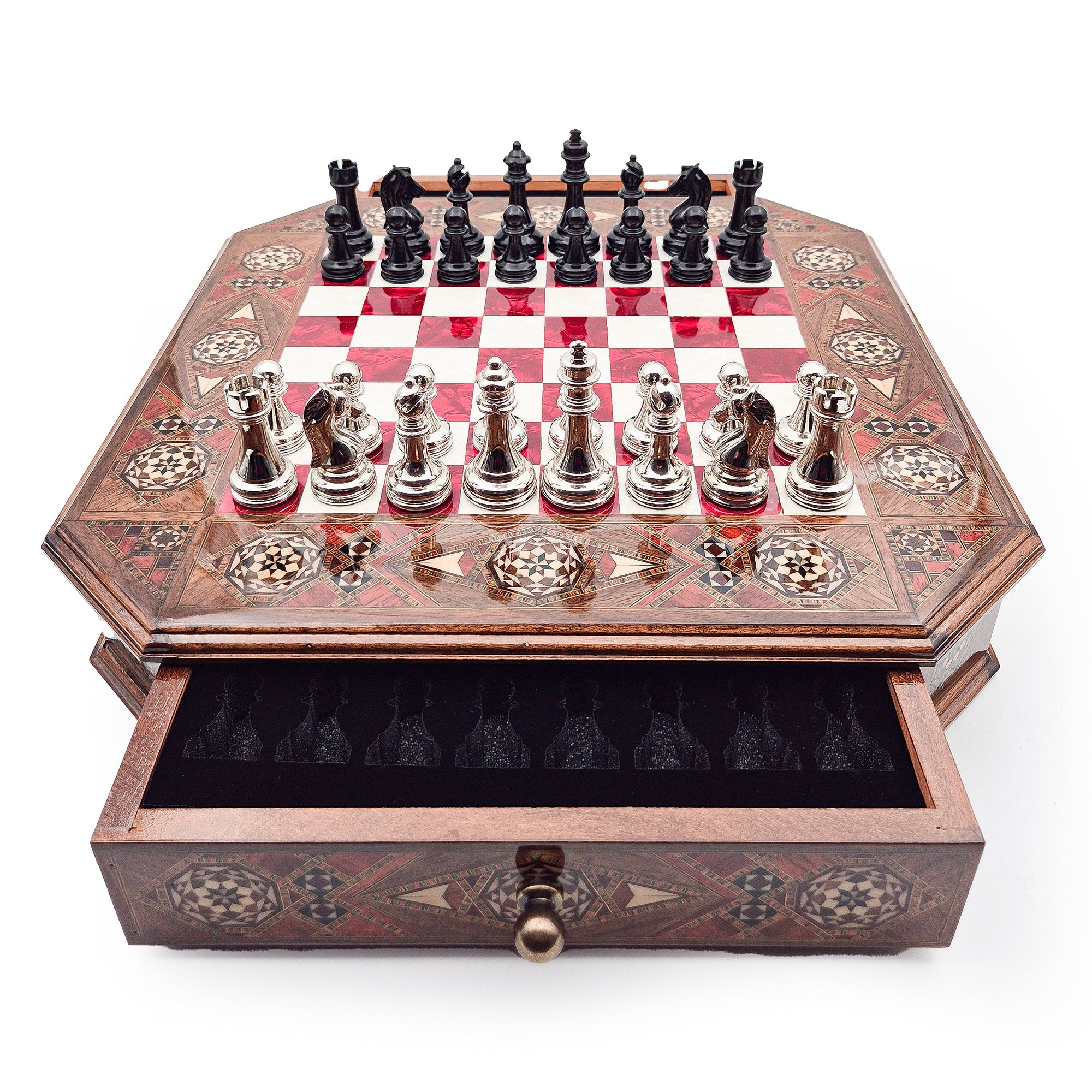
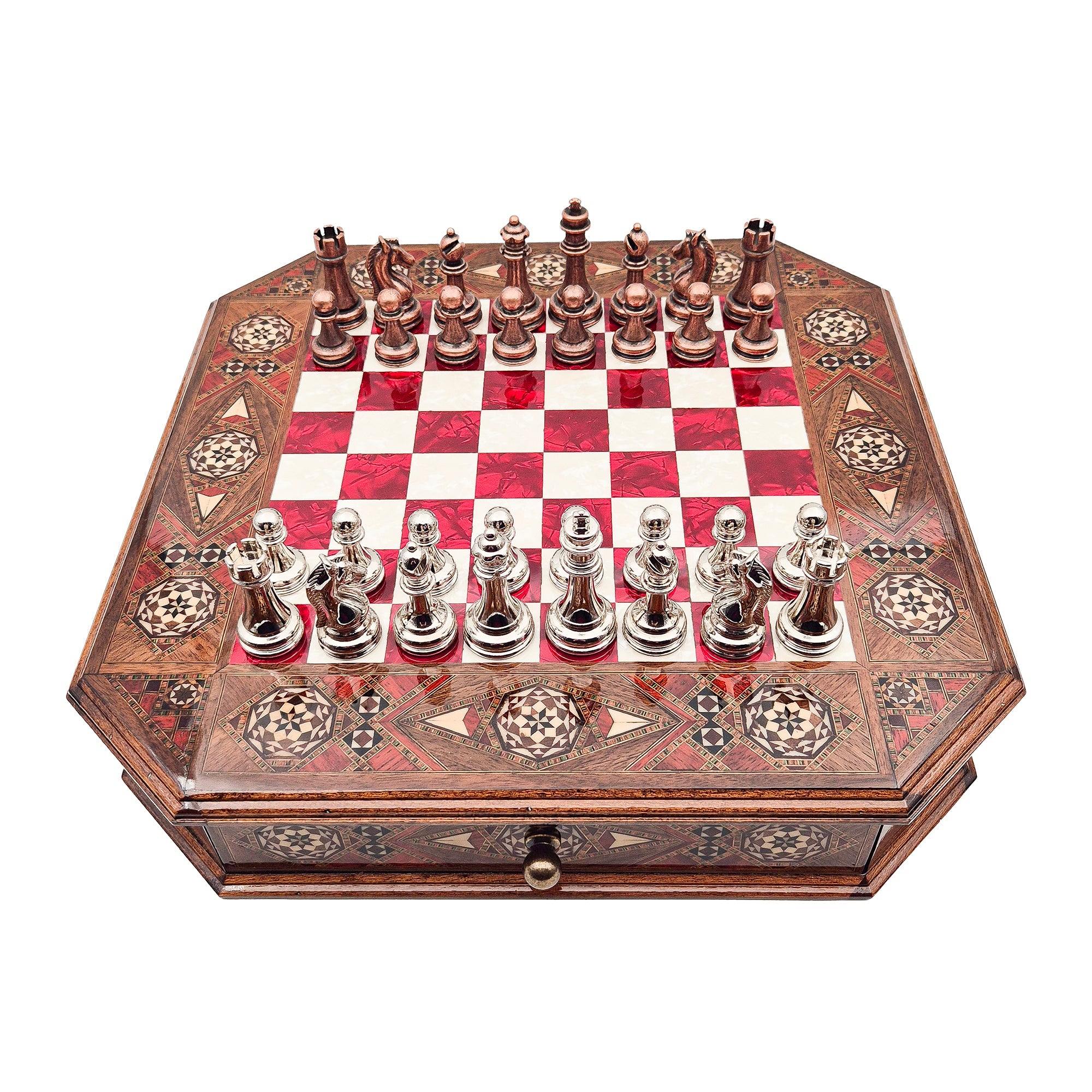
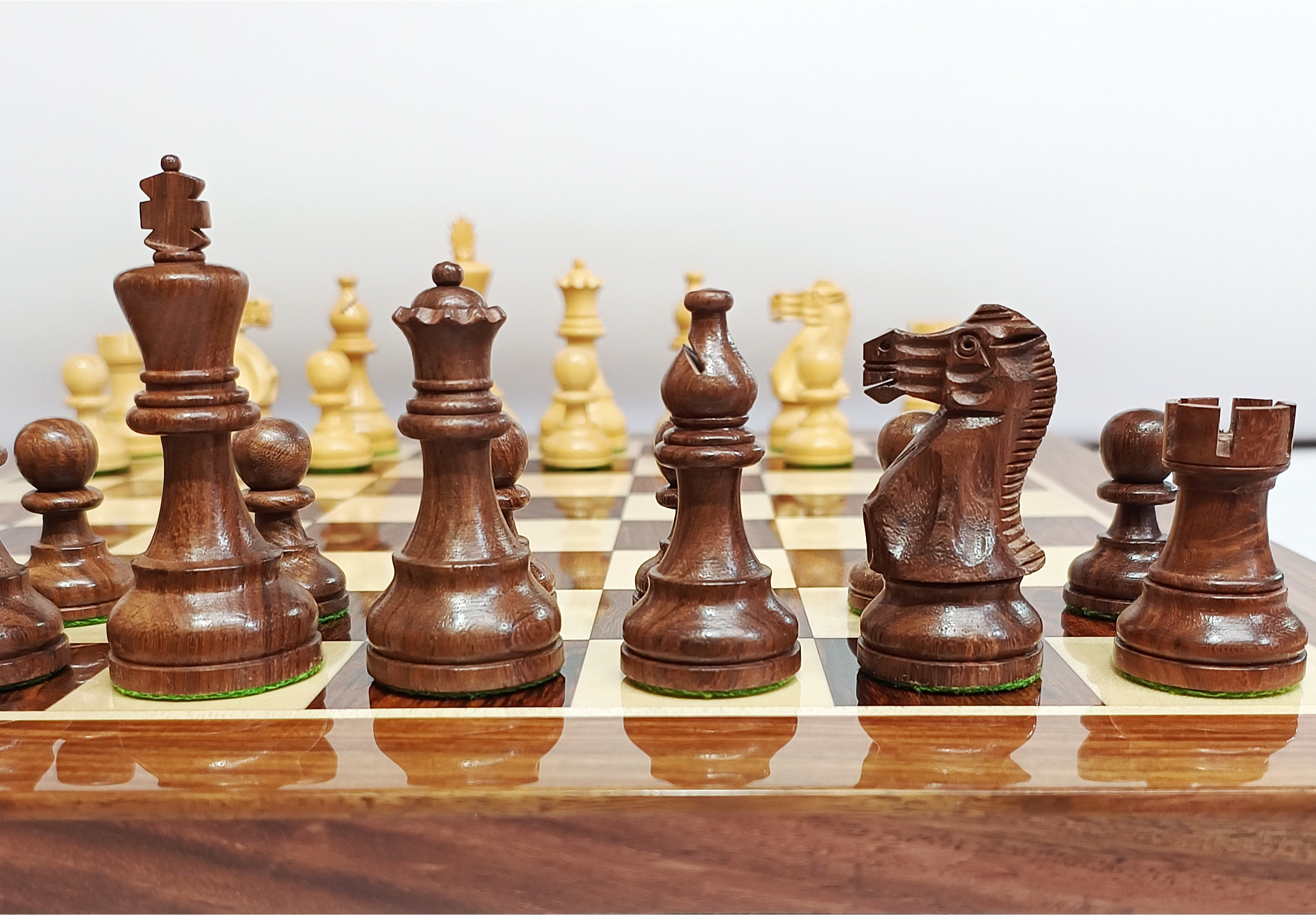
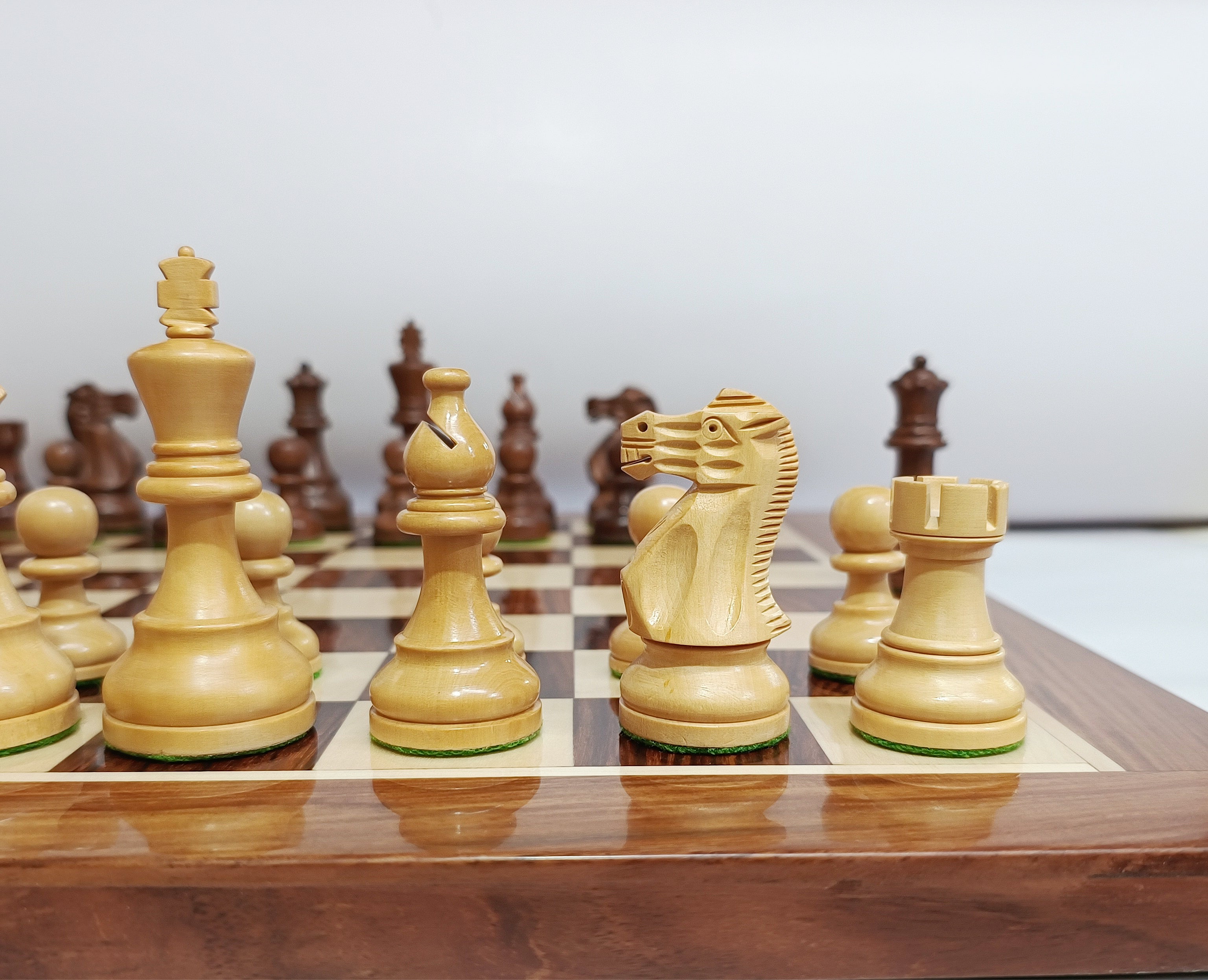
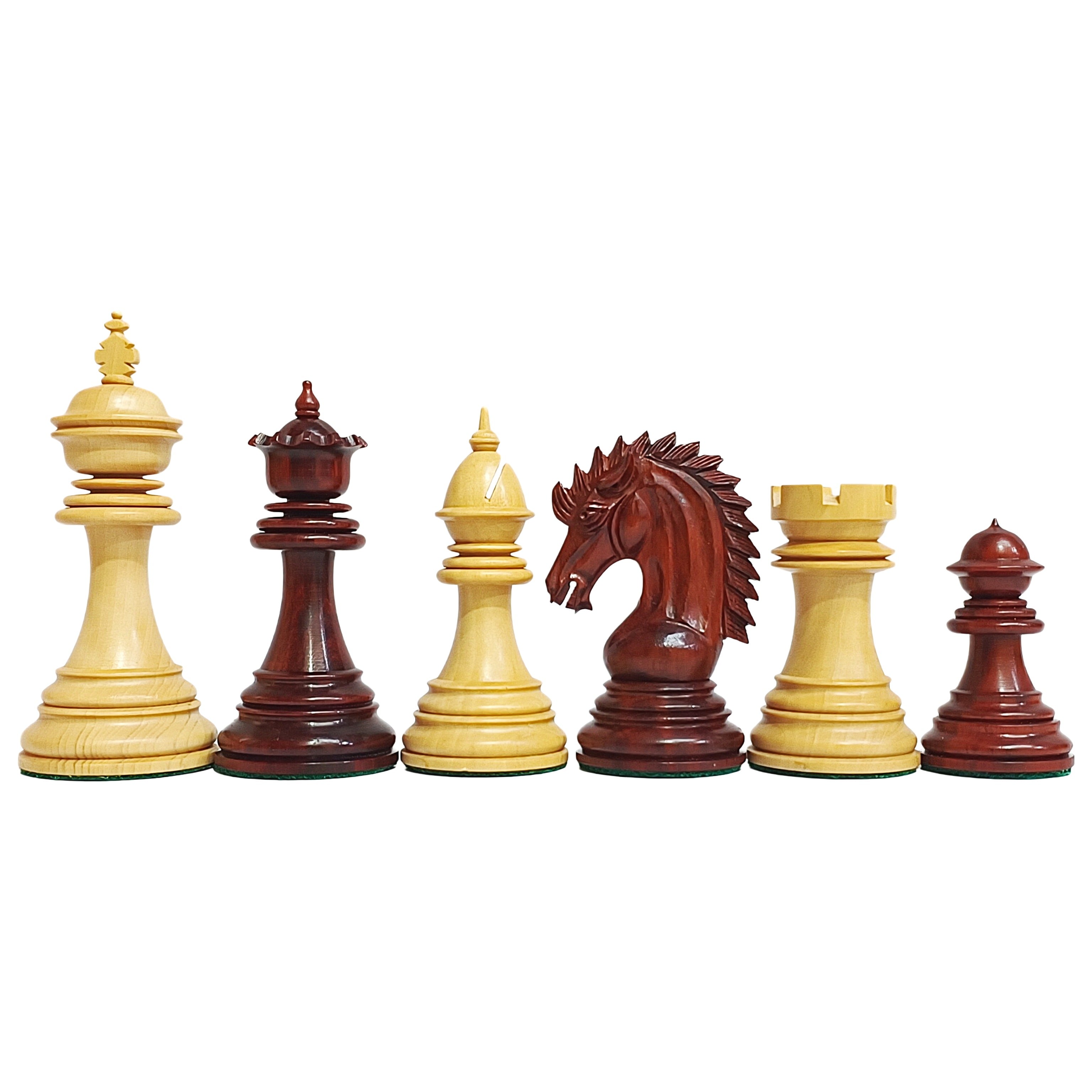
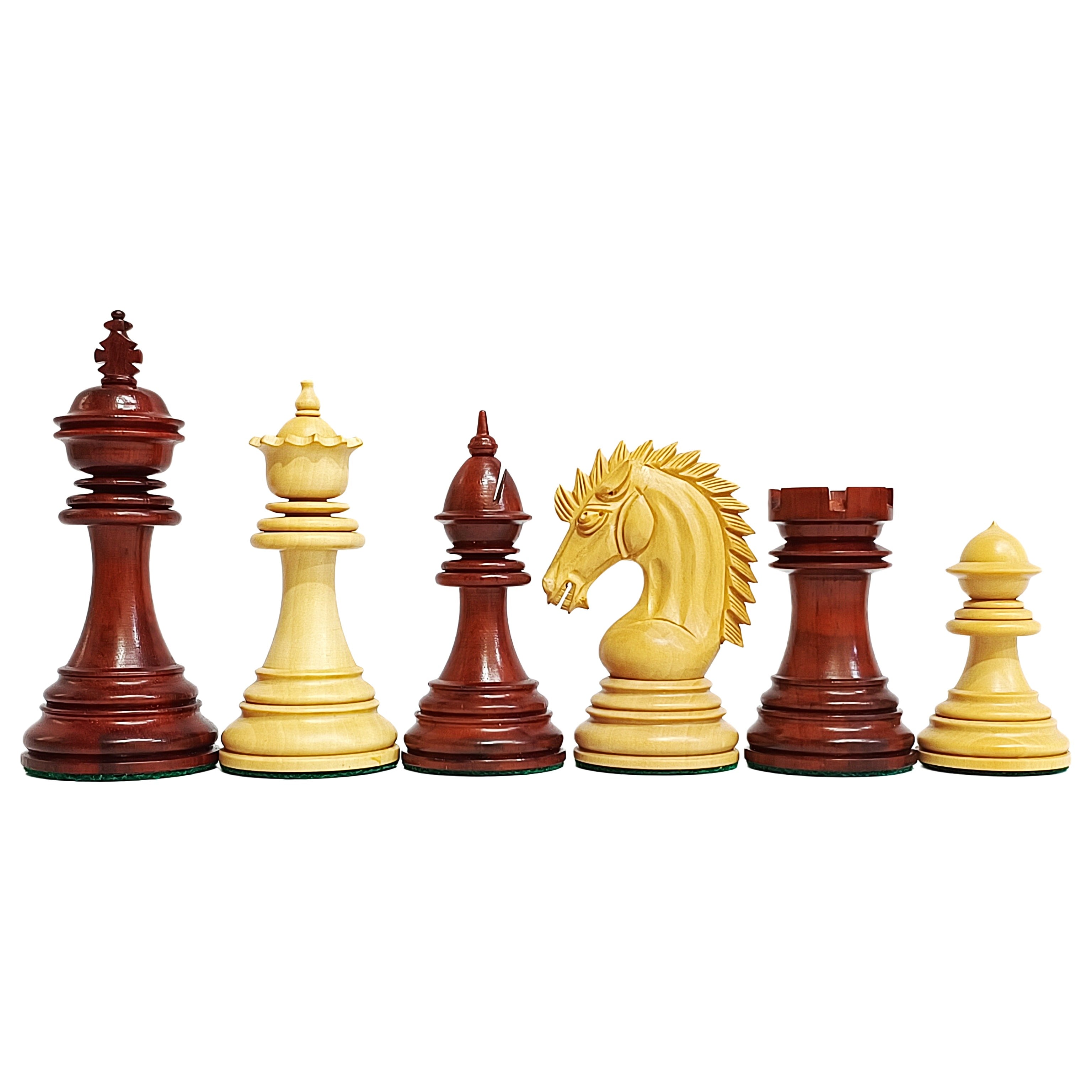


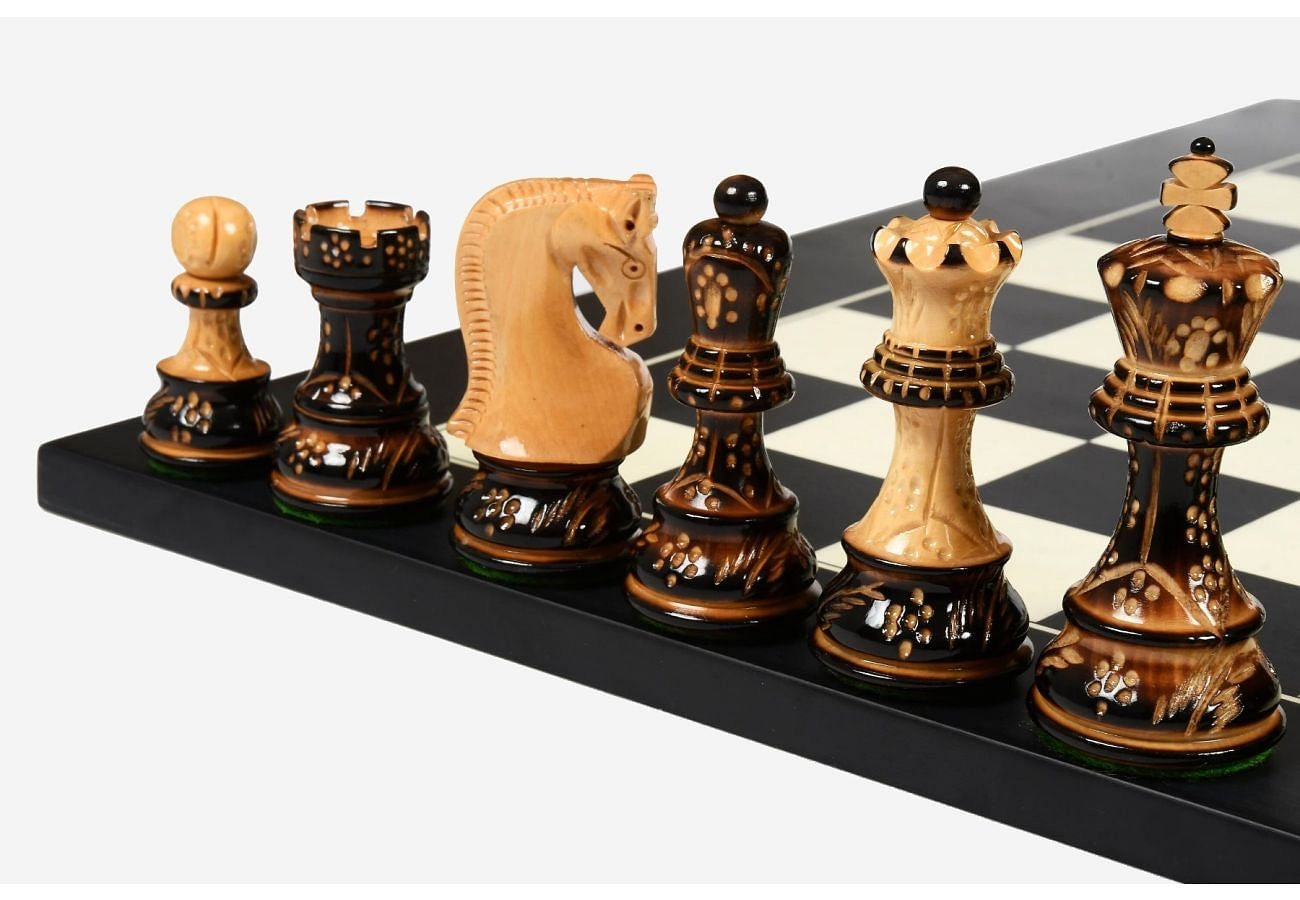
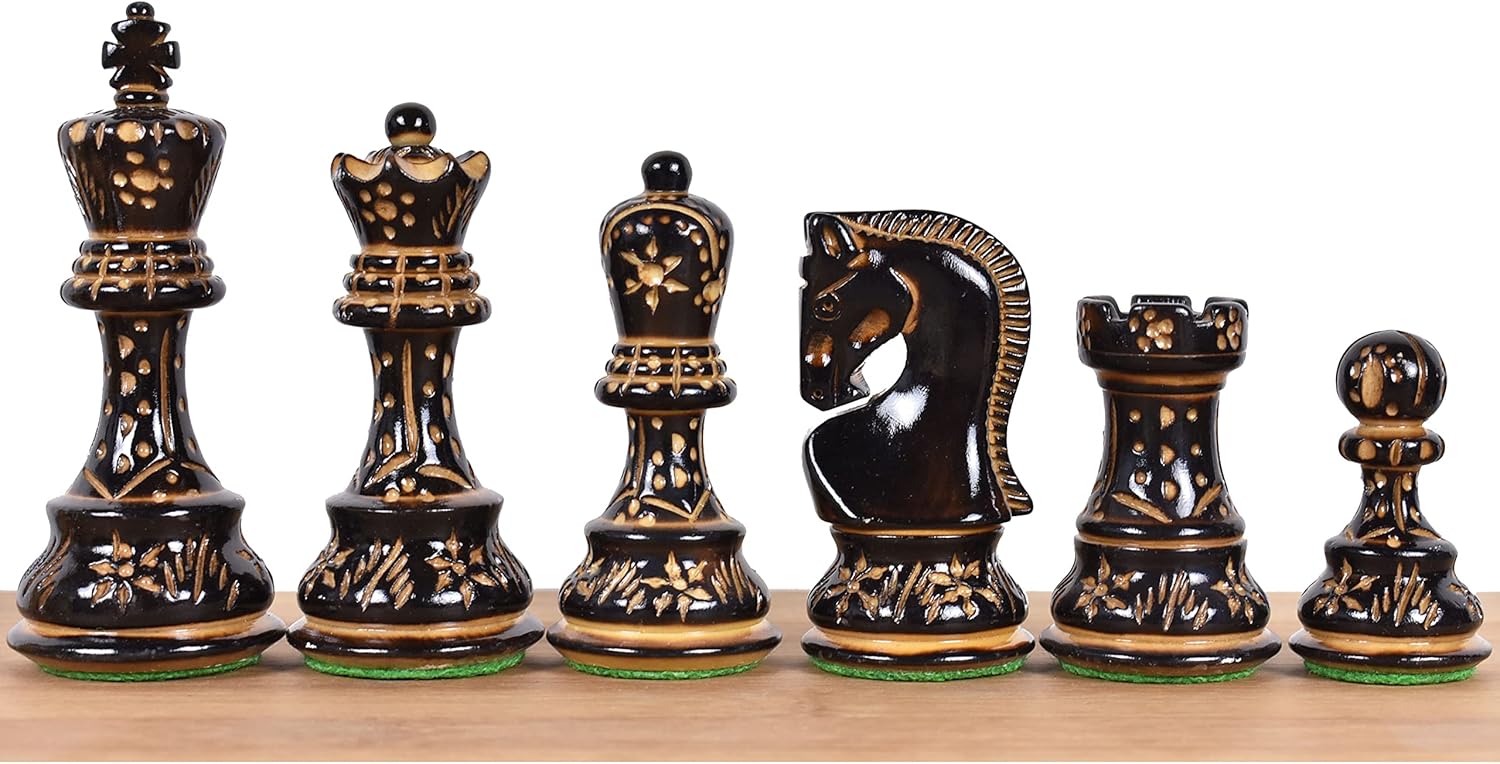
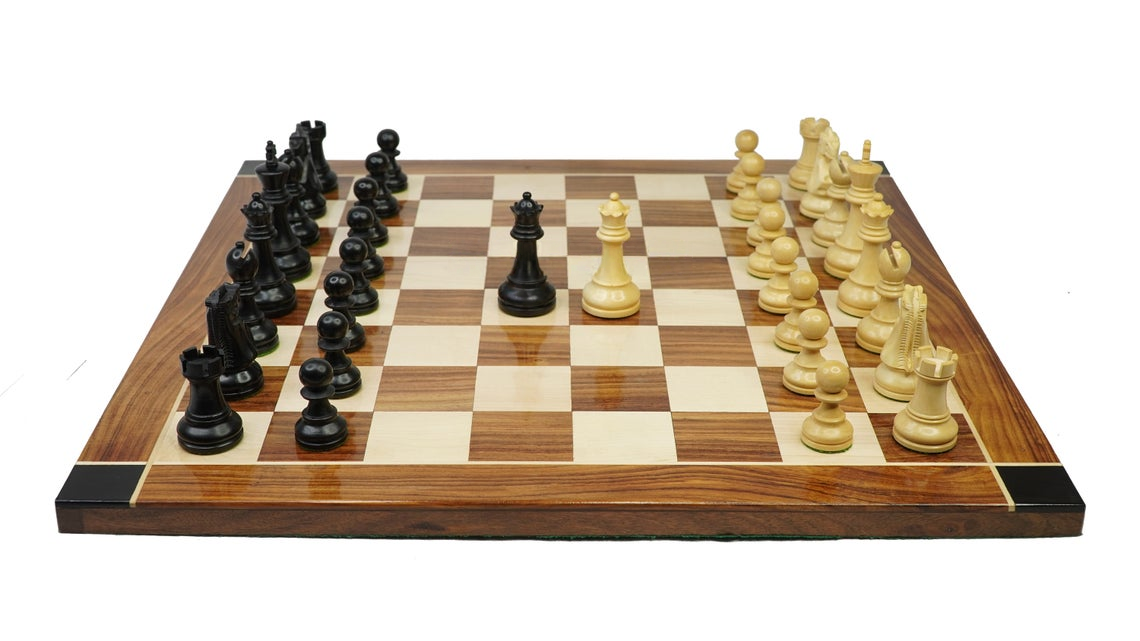
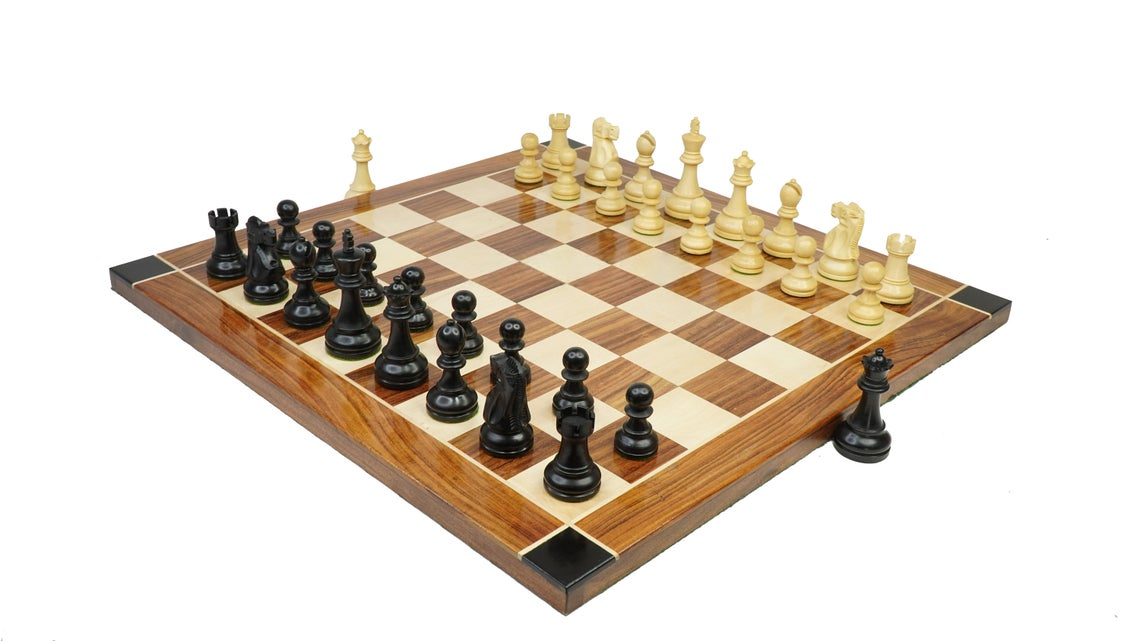
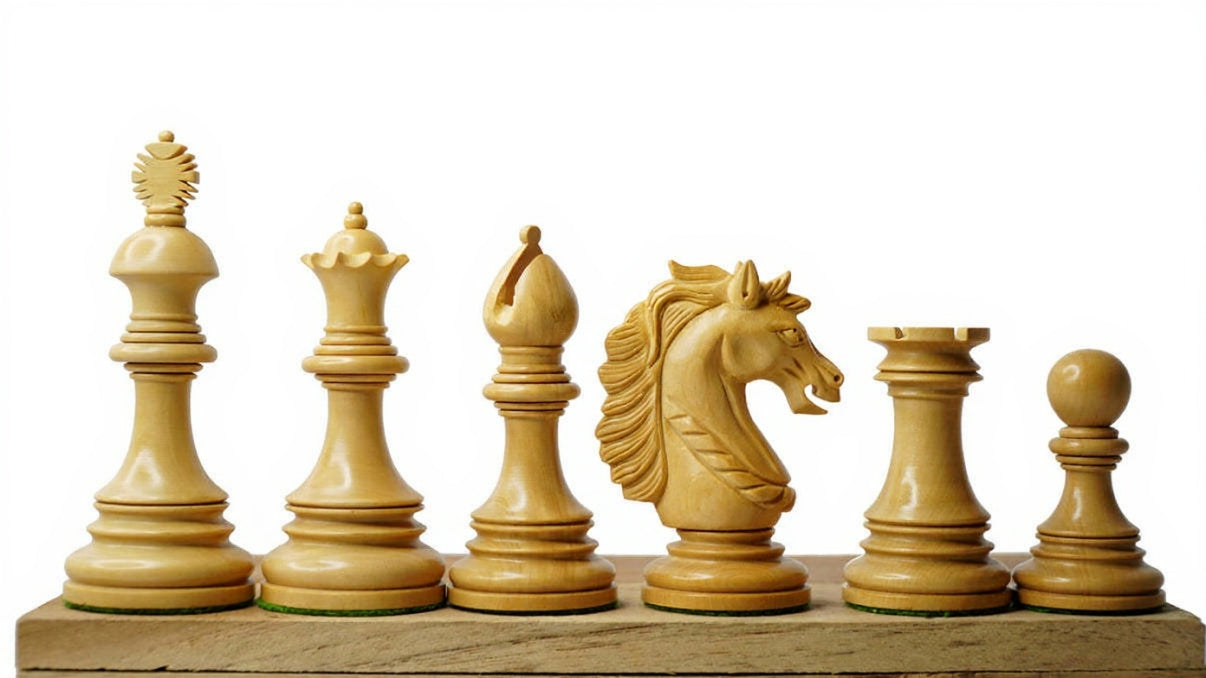
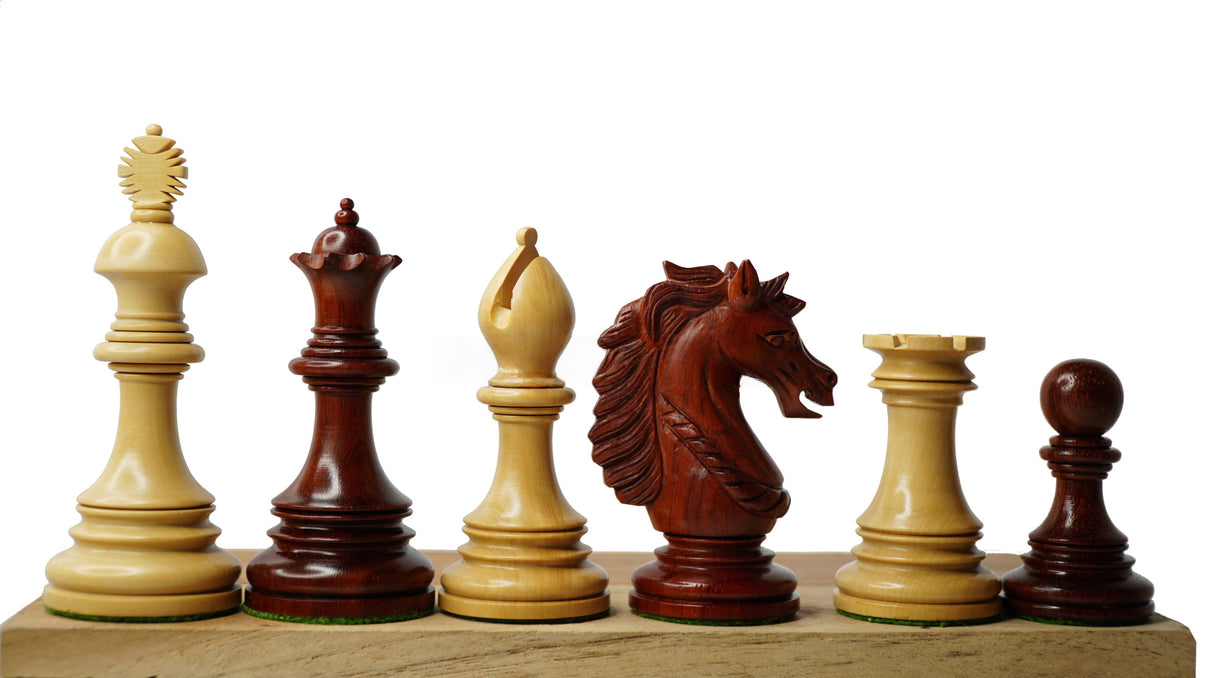
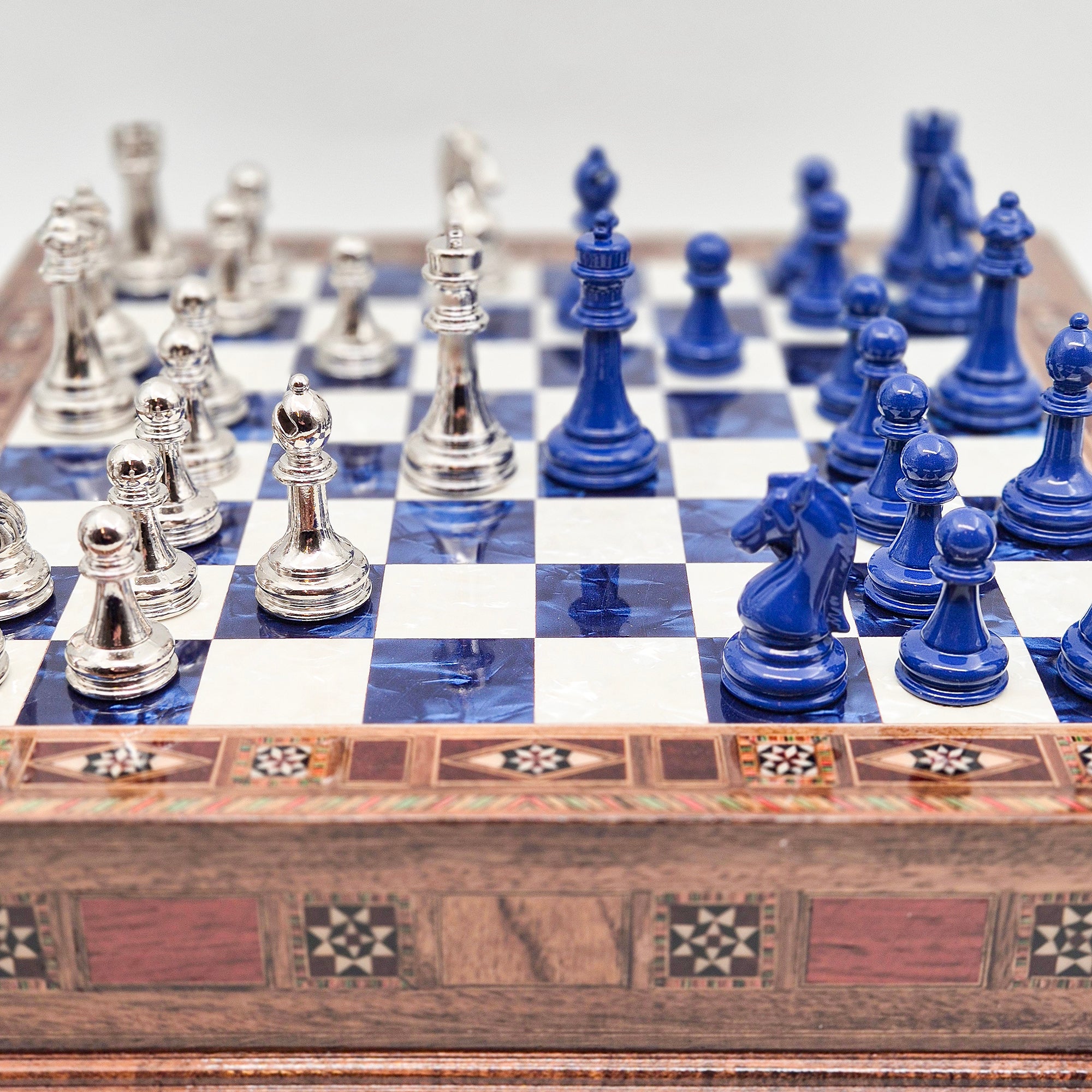
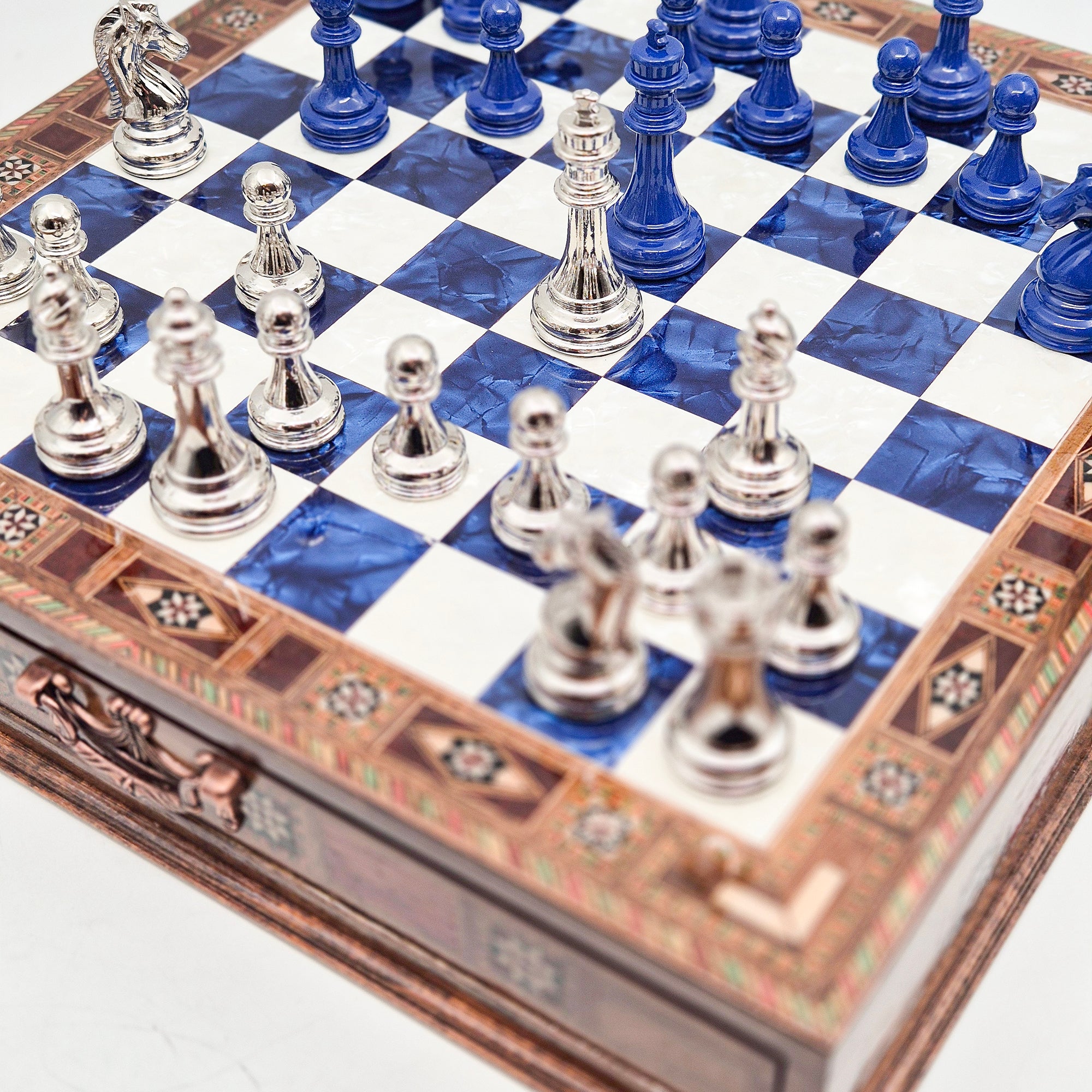
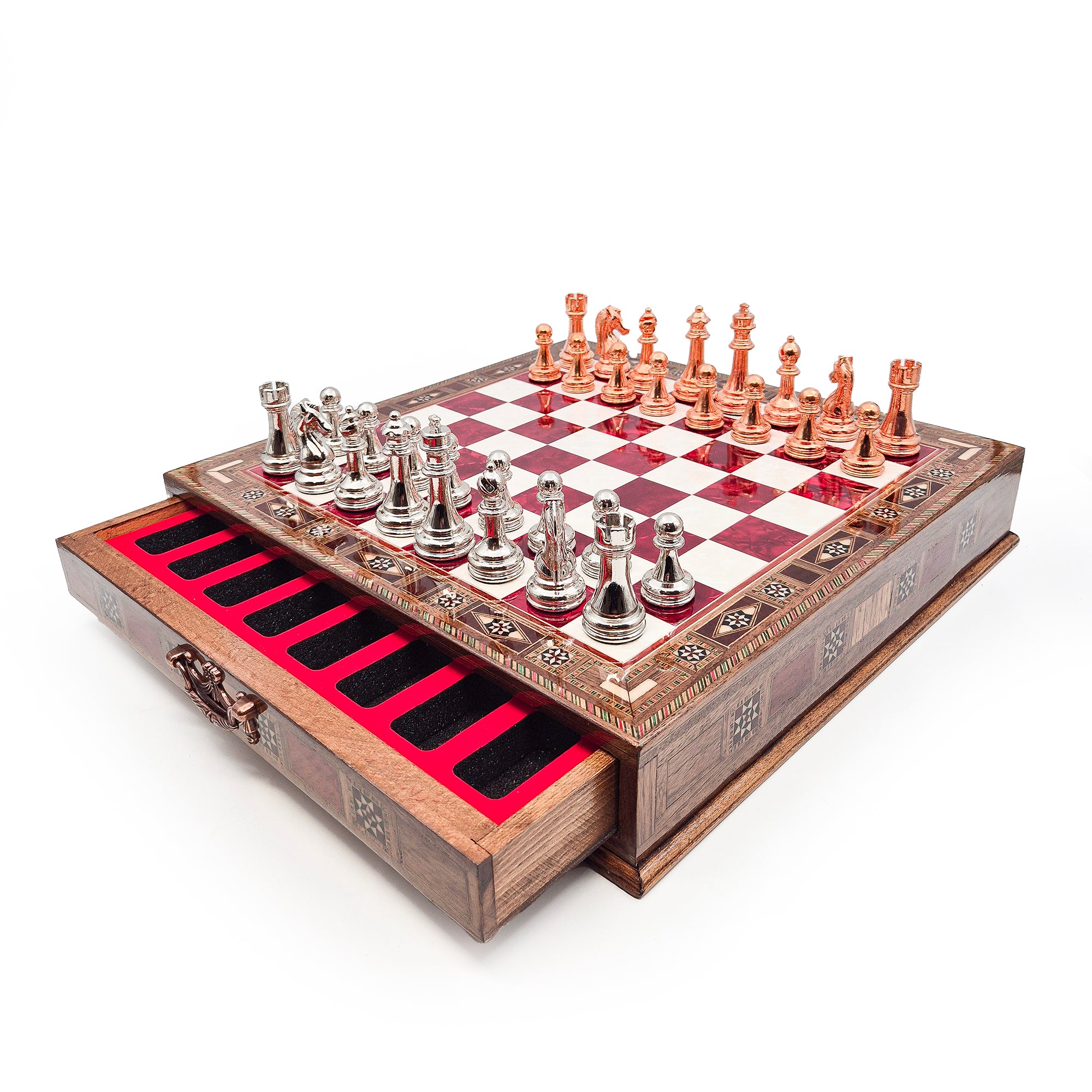
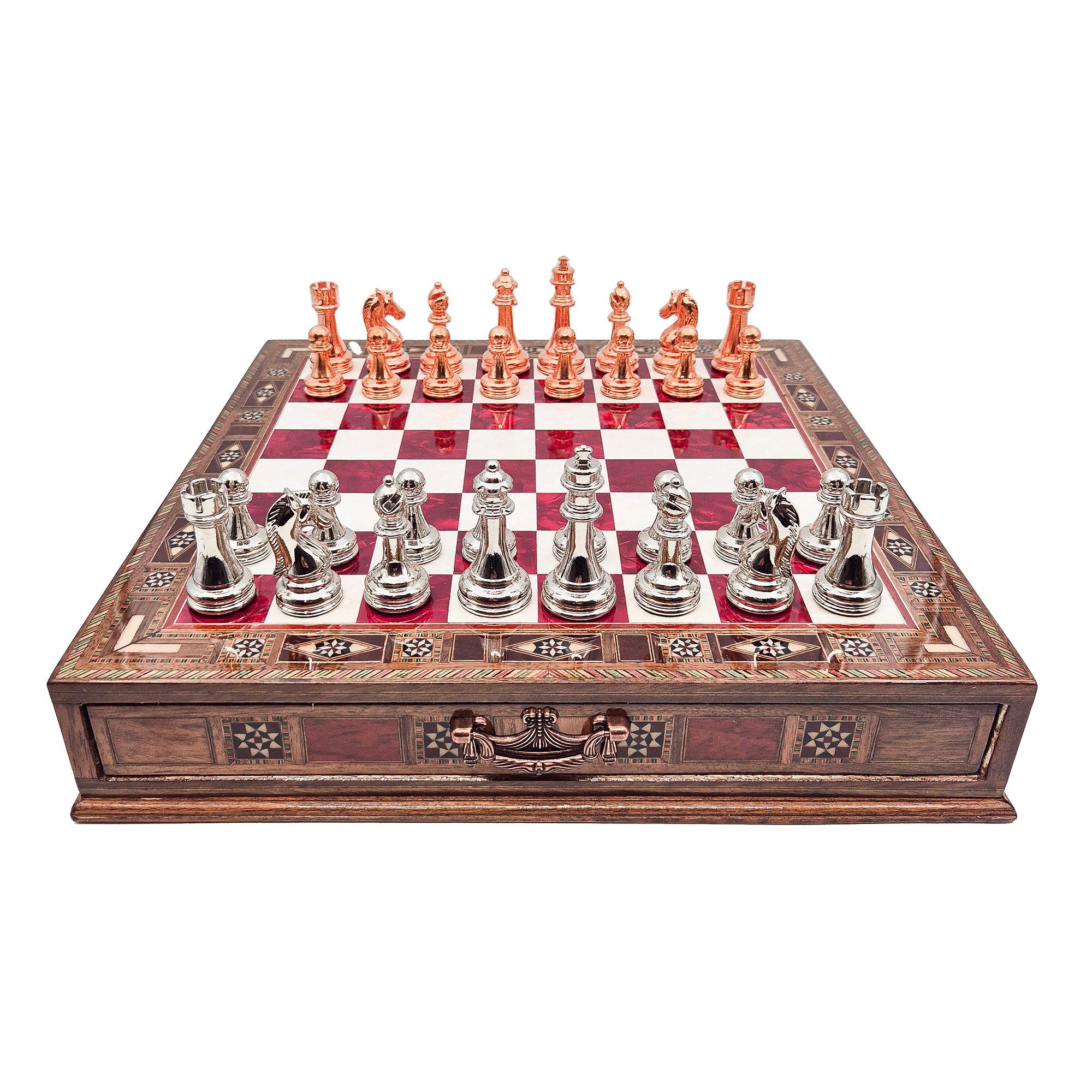
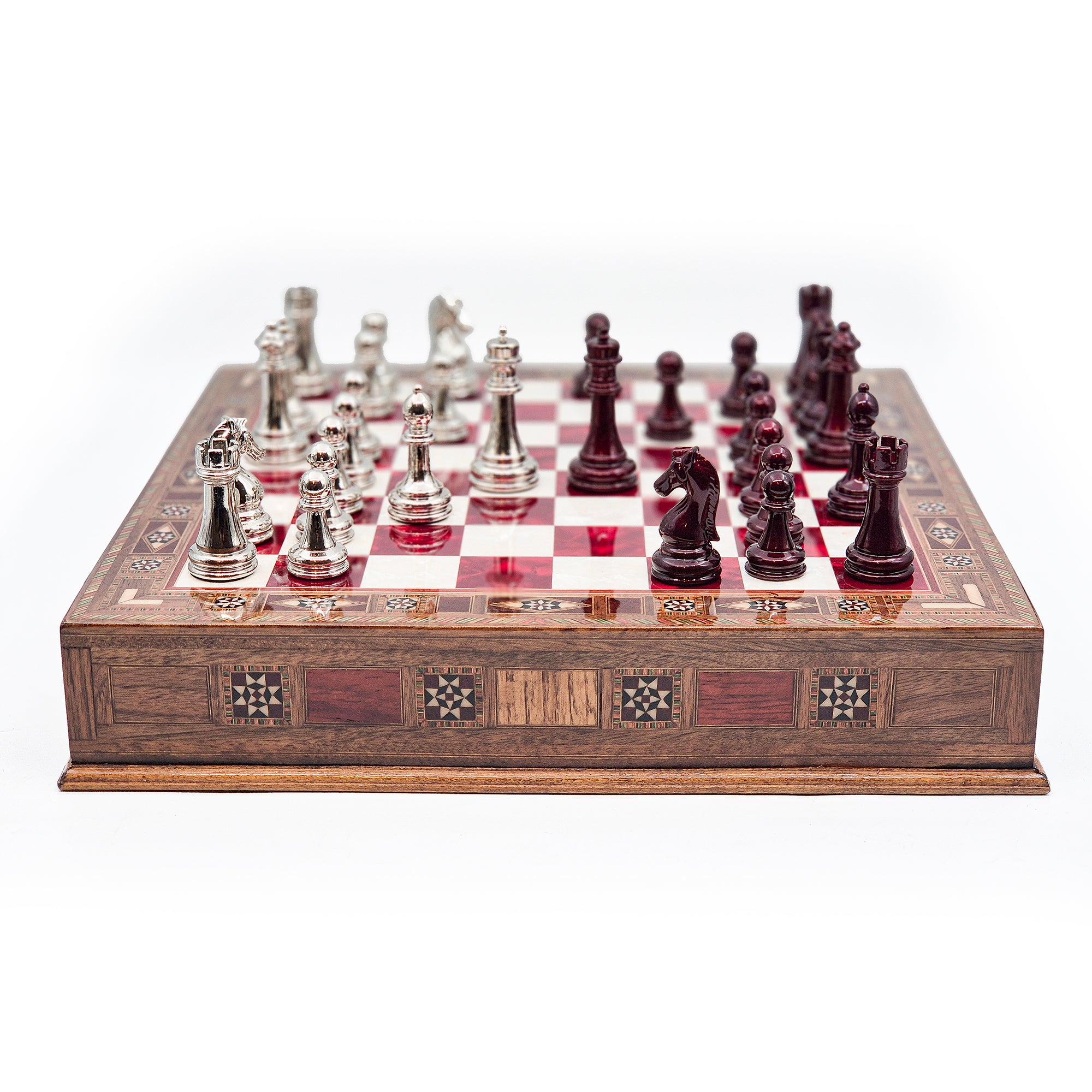
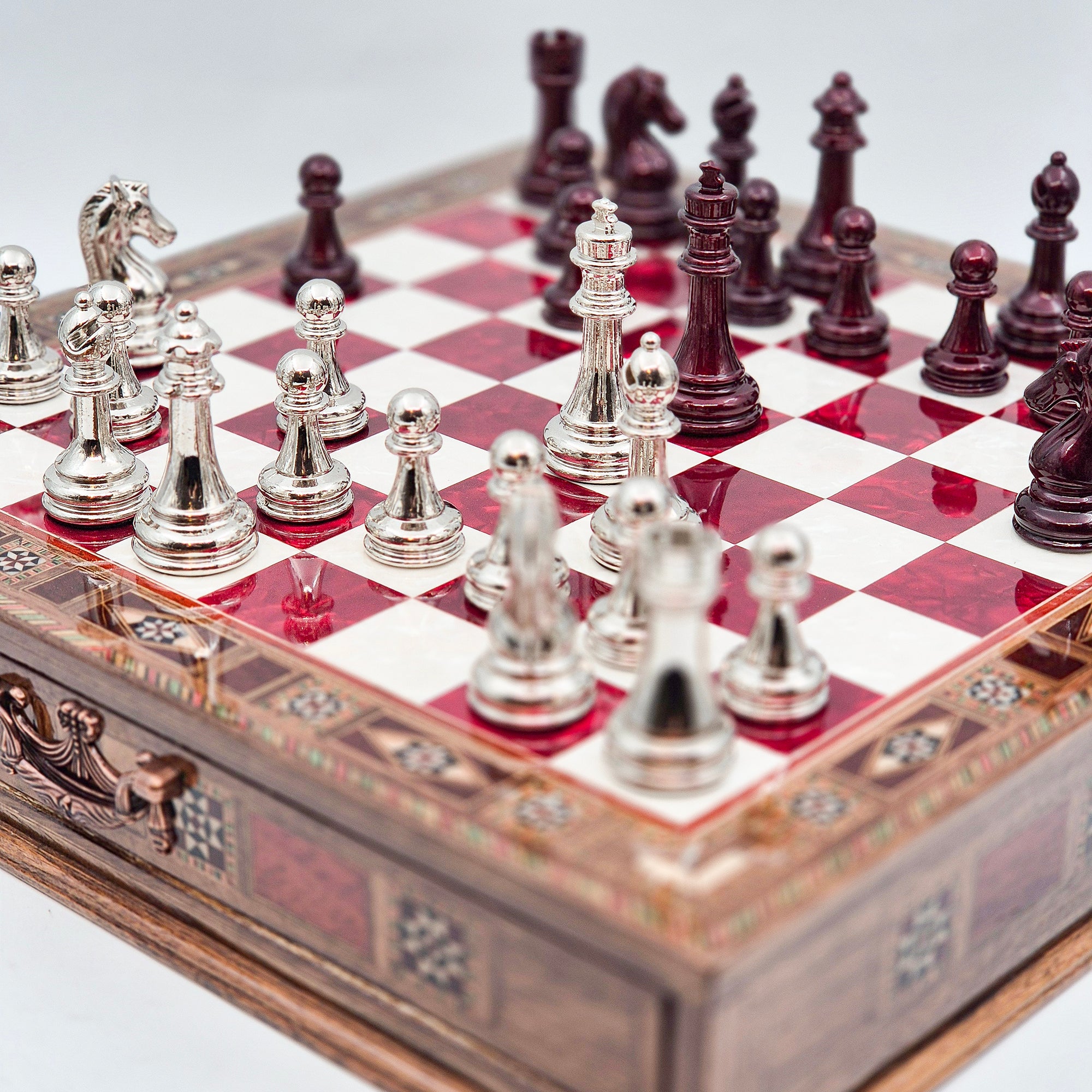
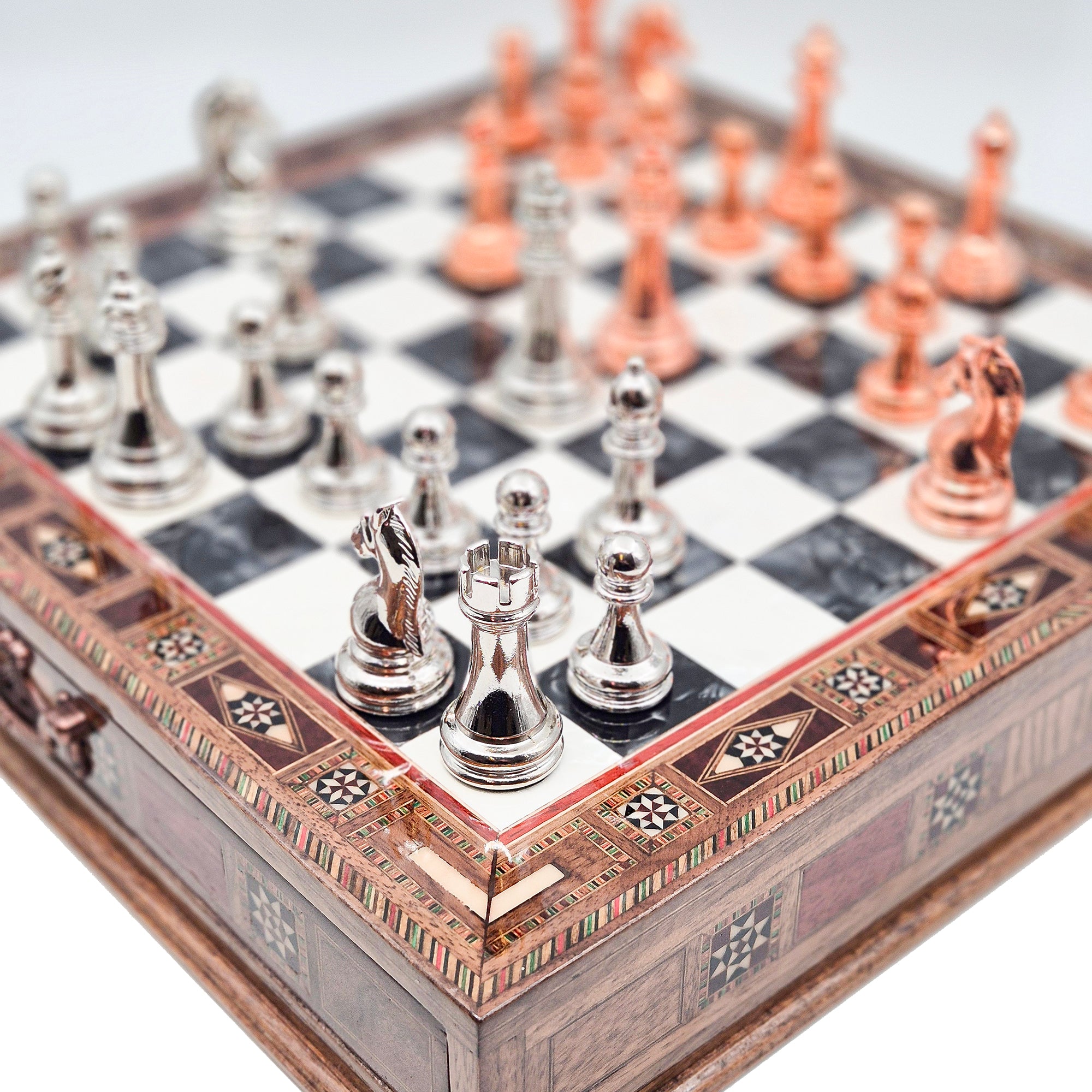
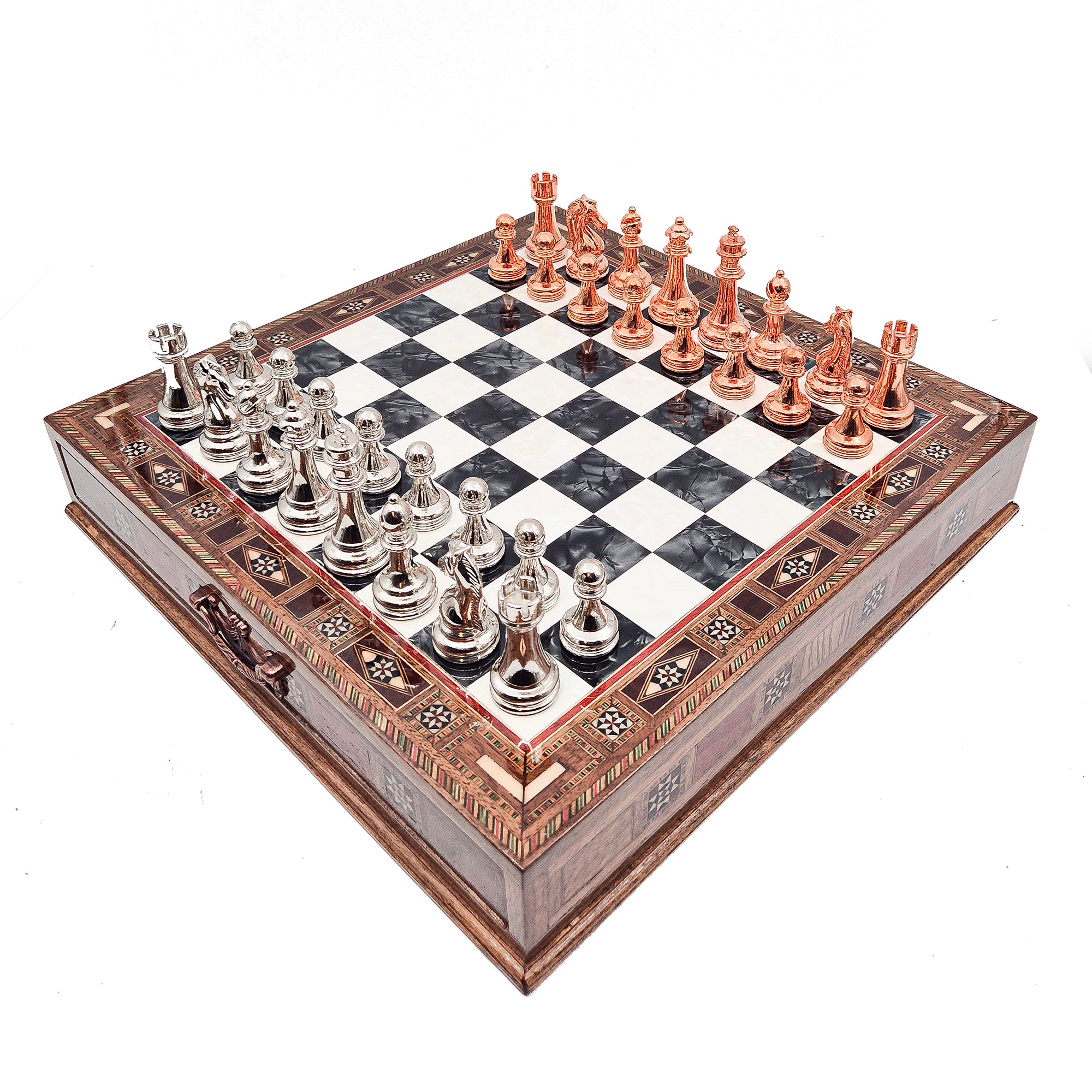
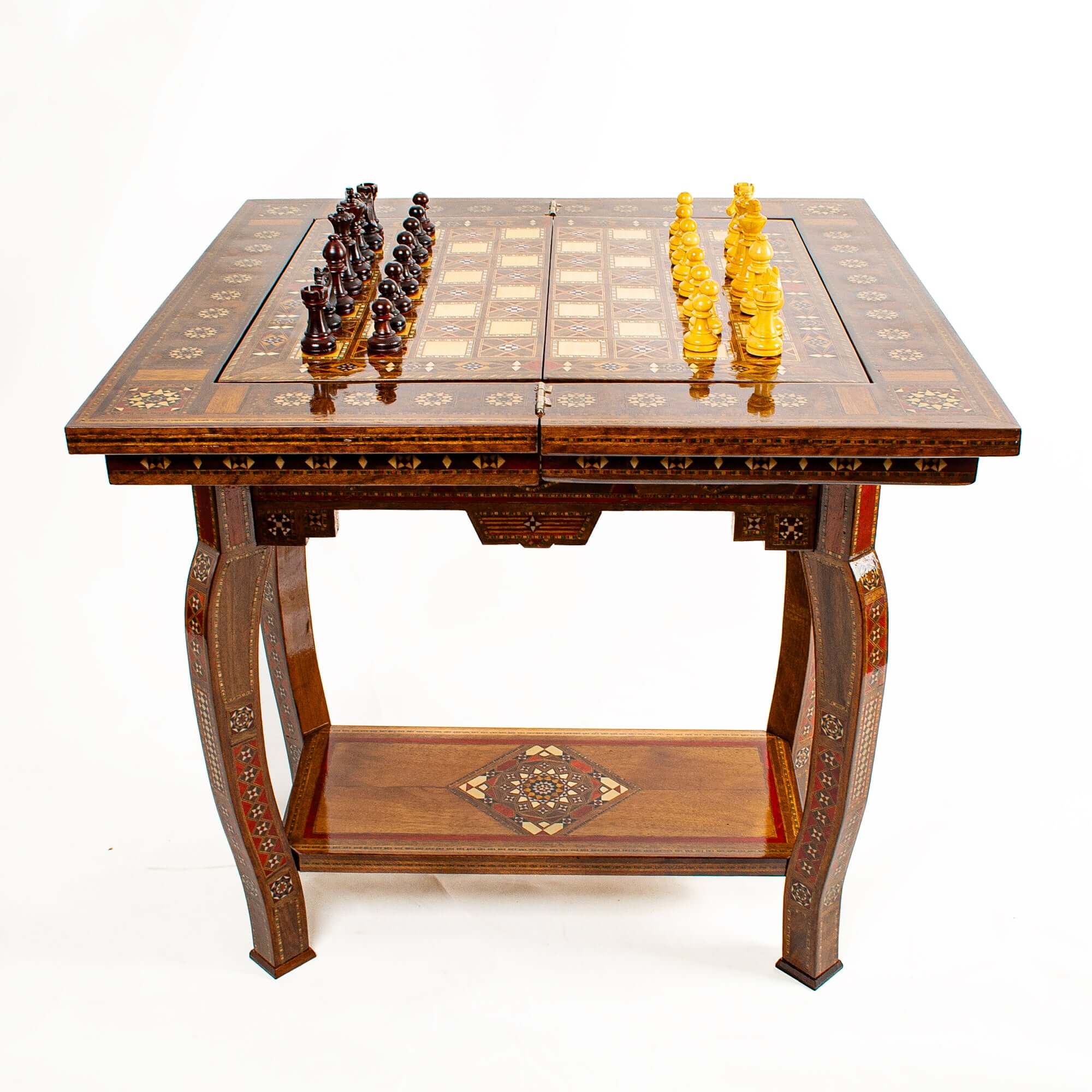

1 comment
John
Is it played for serious anywhere in Ireland.
Leave a comment
All comments are moderated before being published.
This site is protected by hCaptcha and the hCaptcha Privacy Policy and Terms of Service apply.